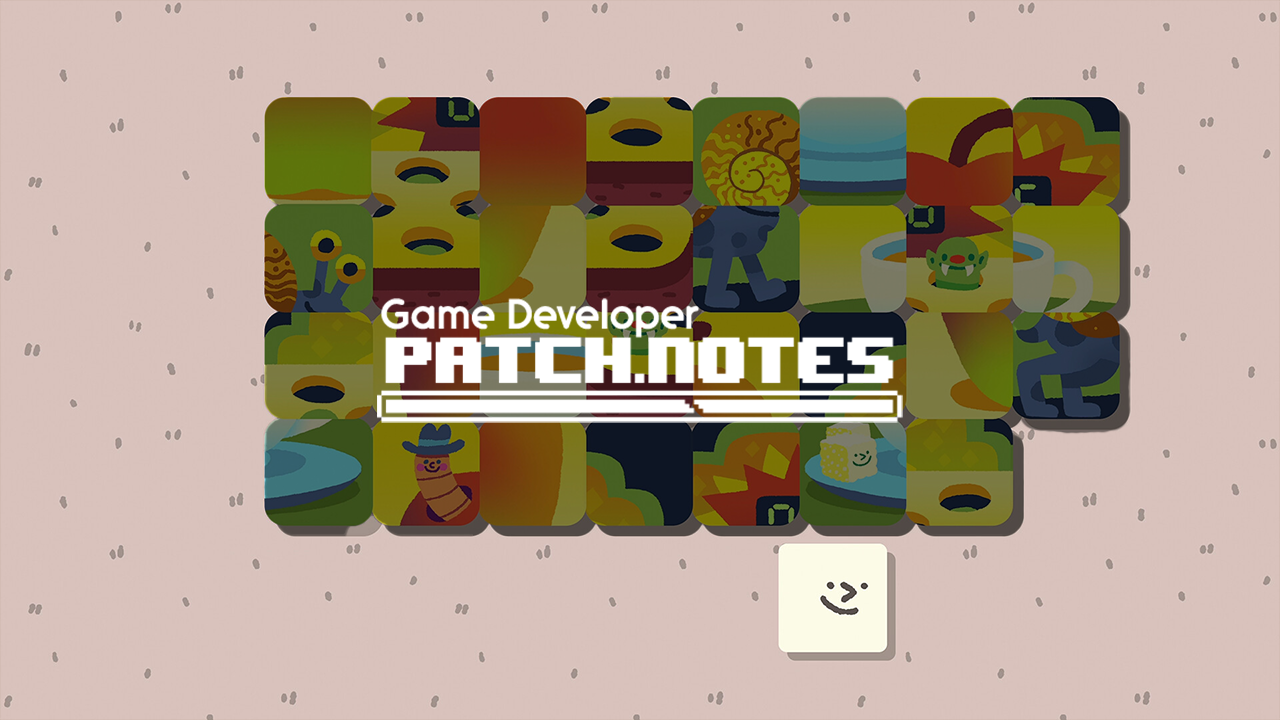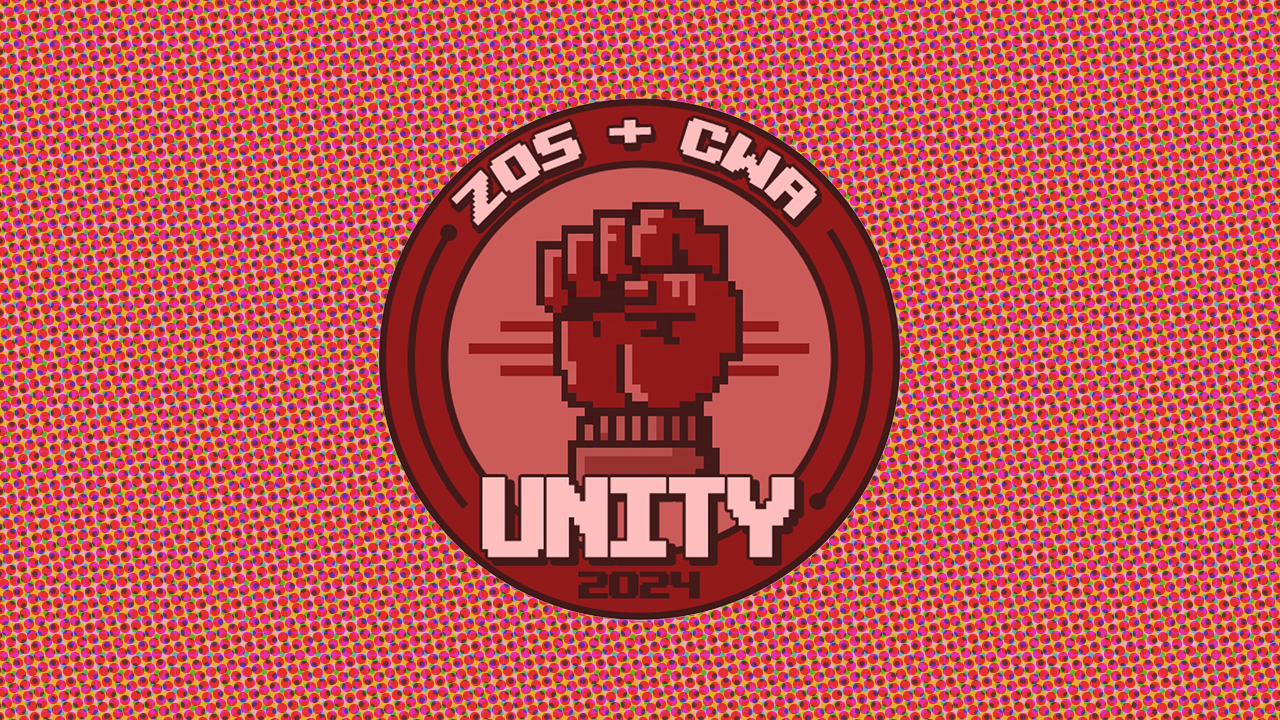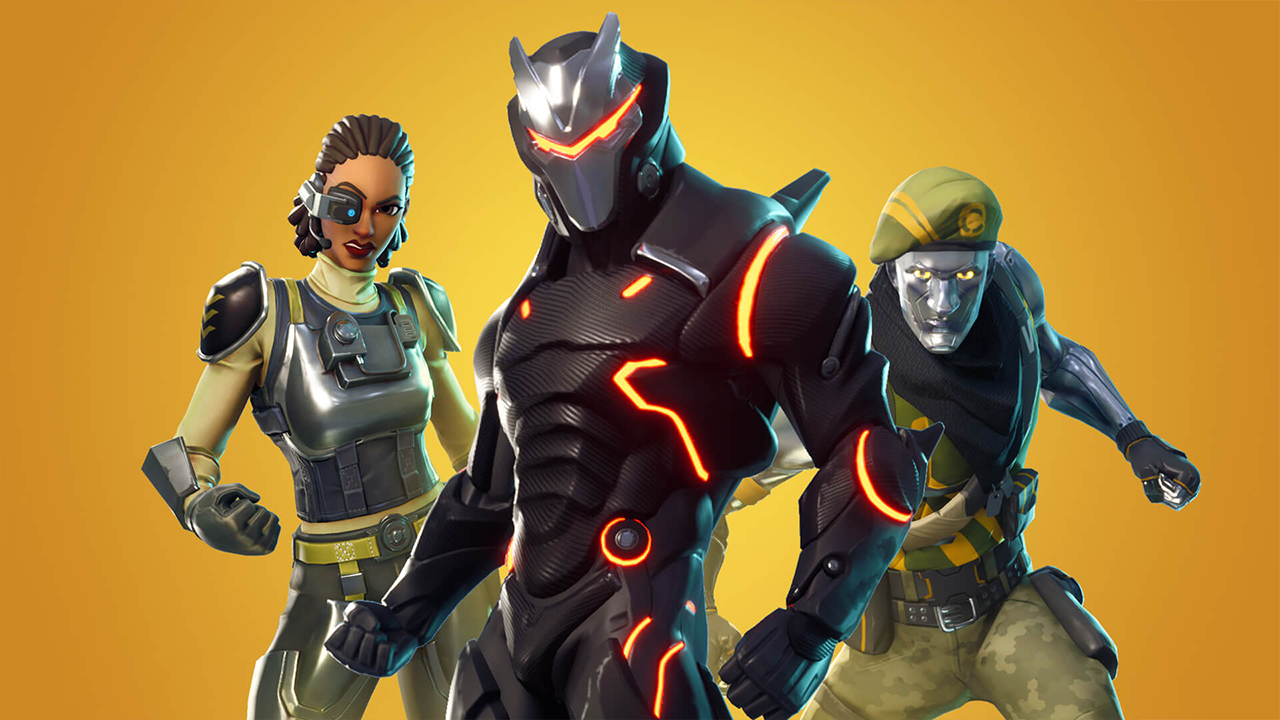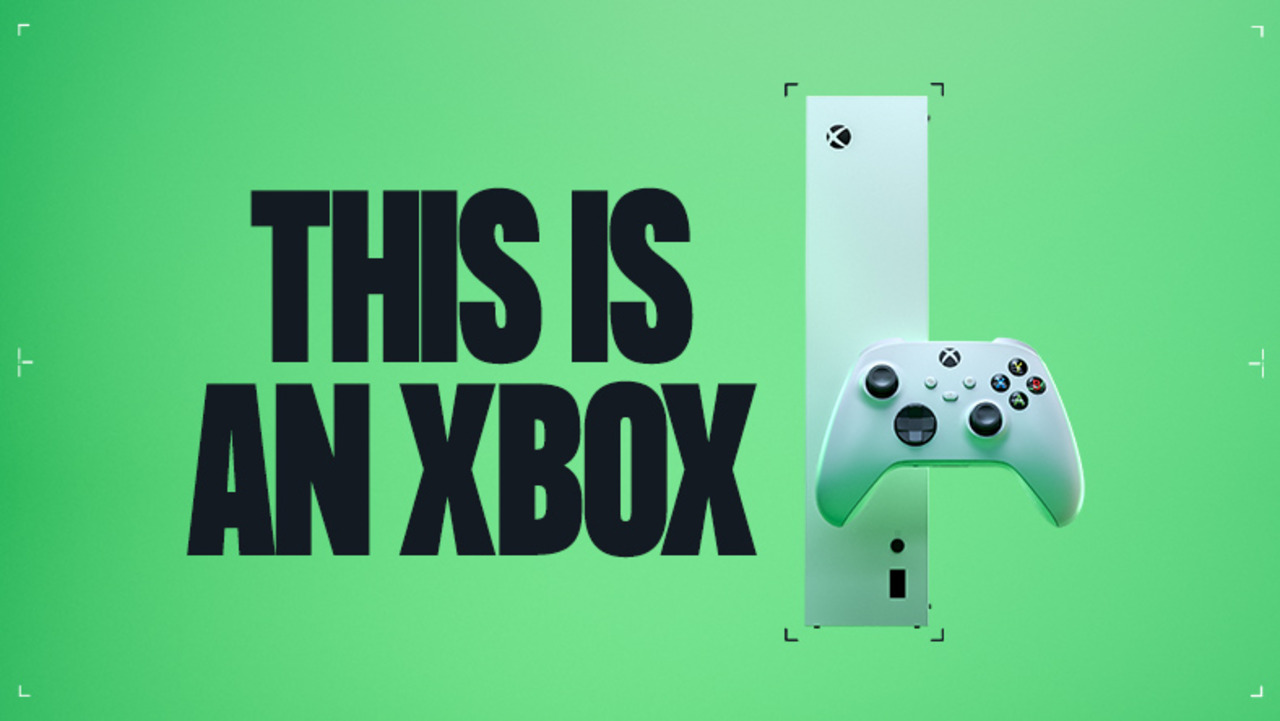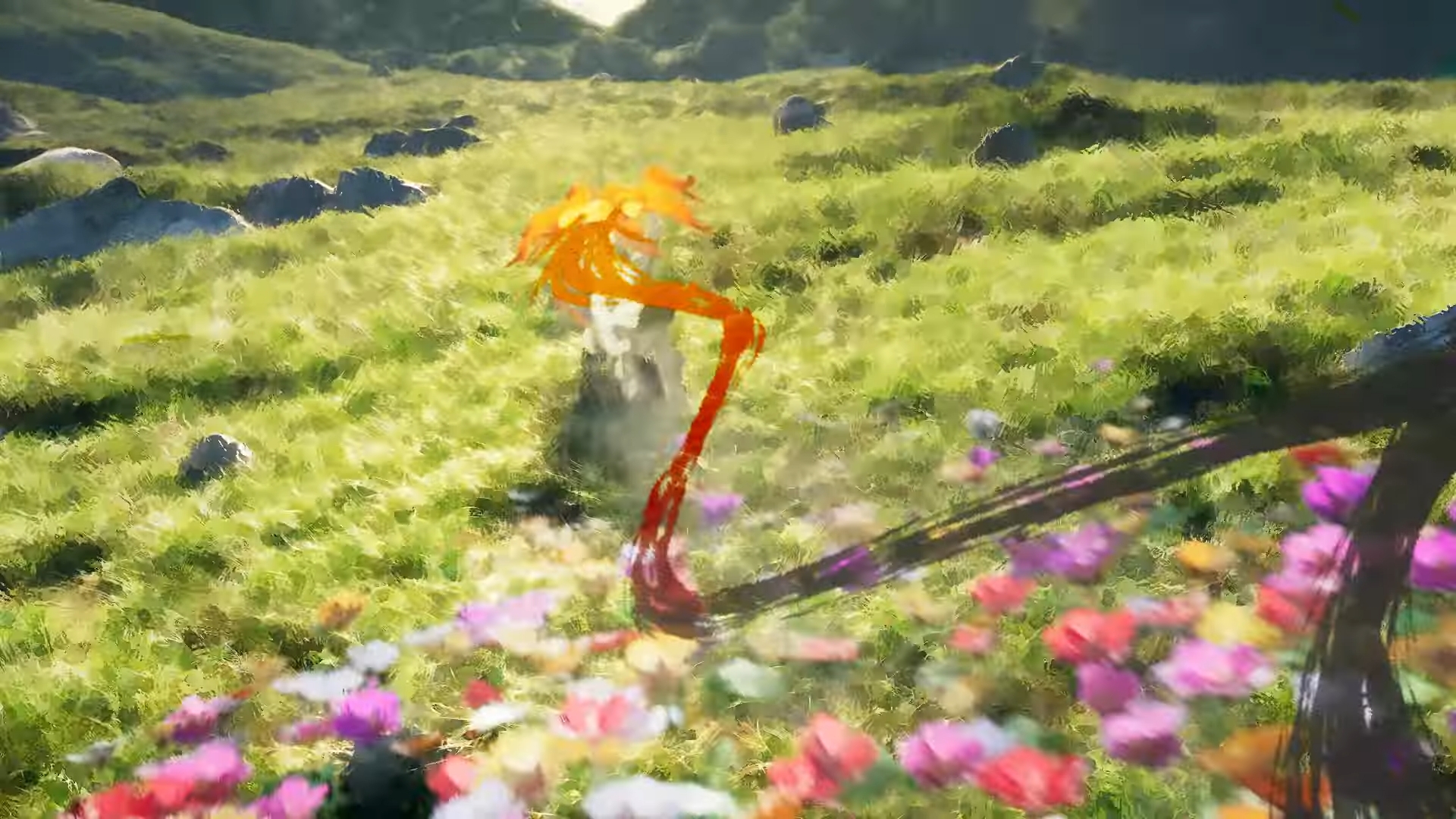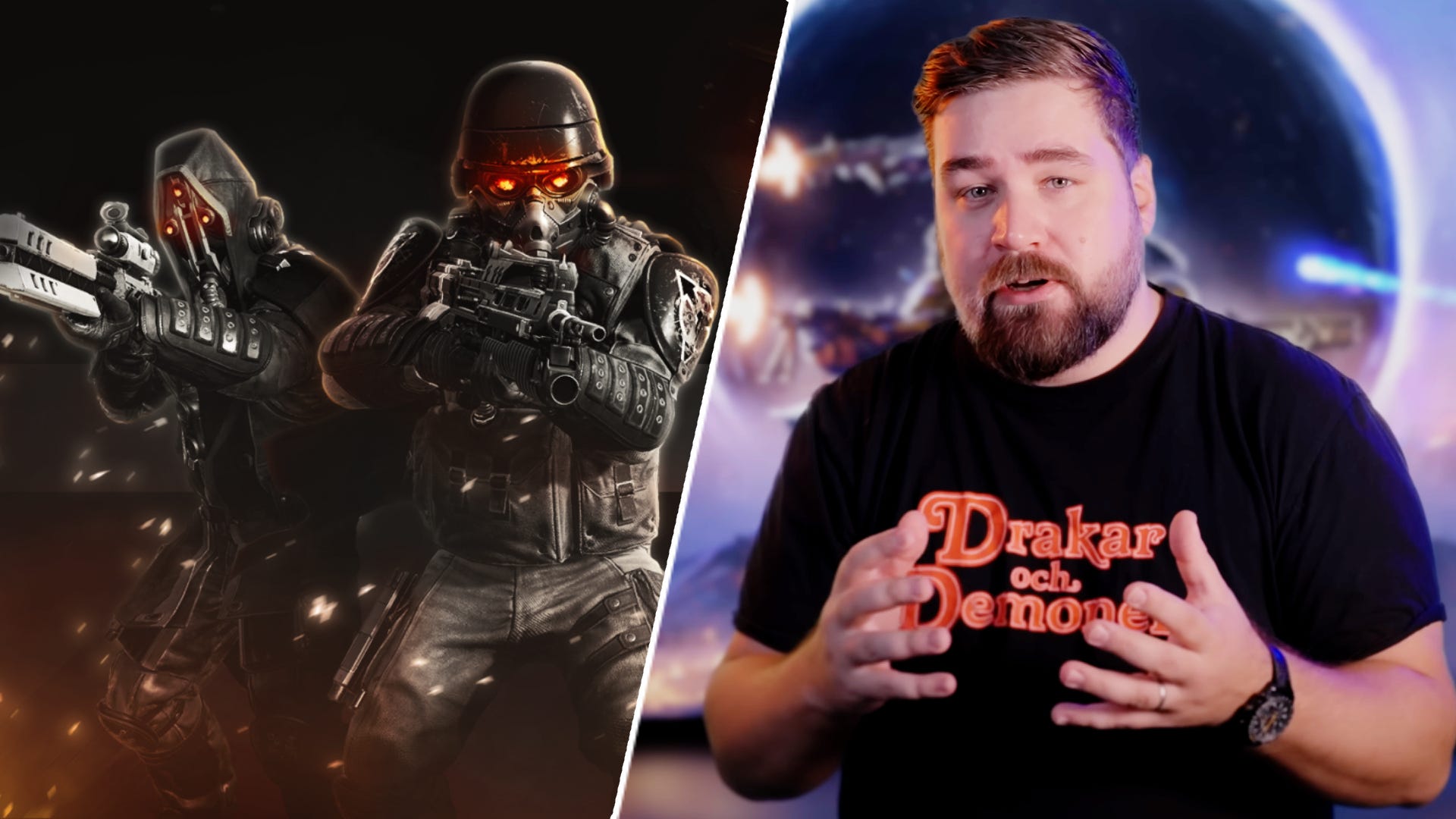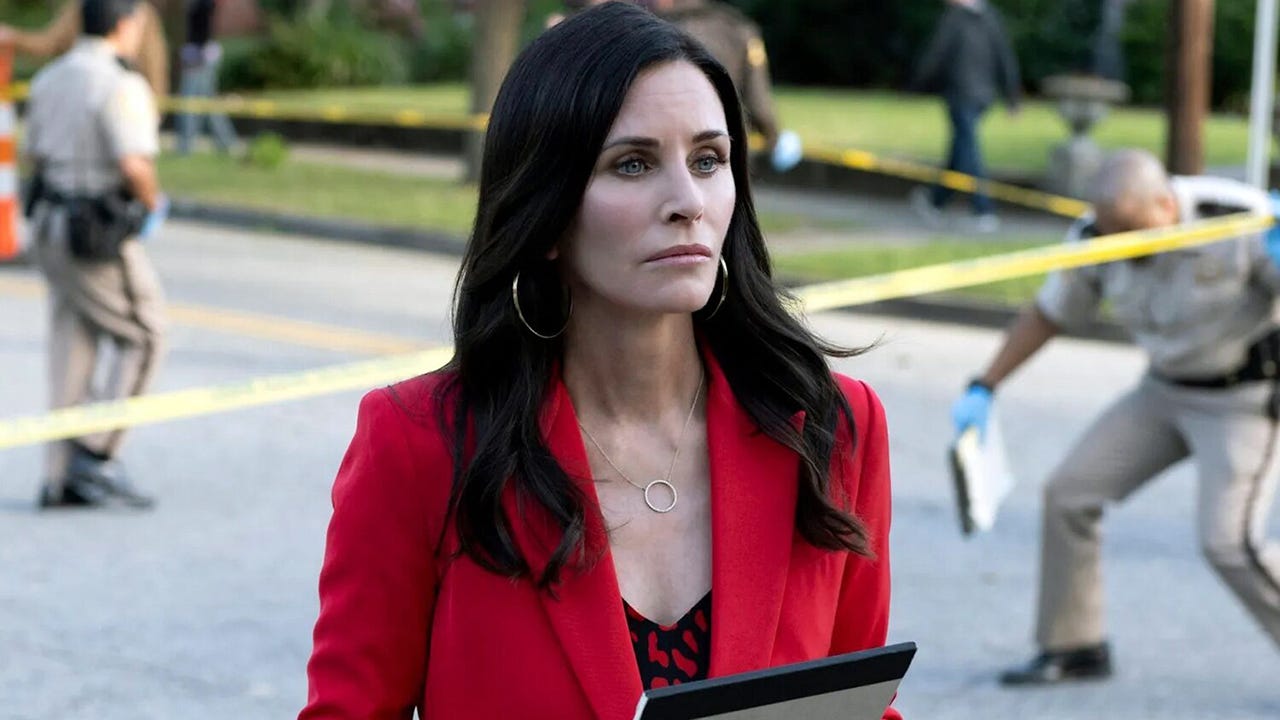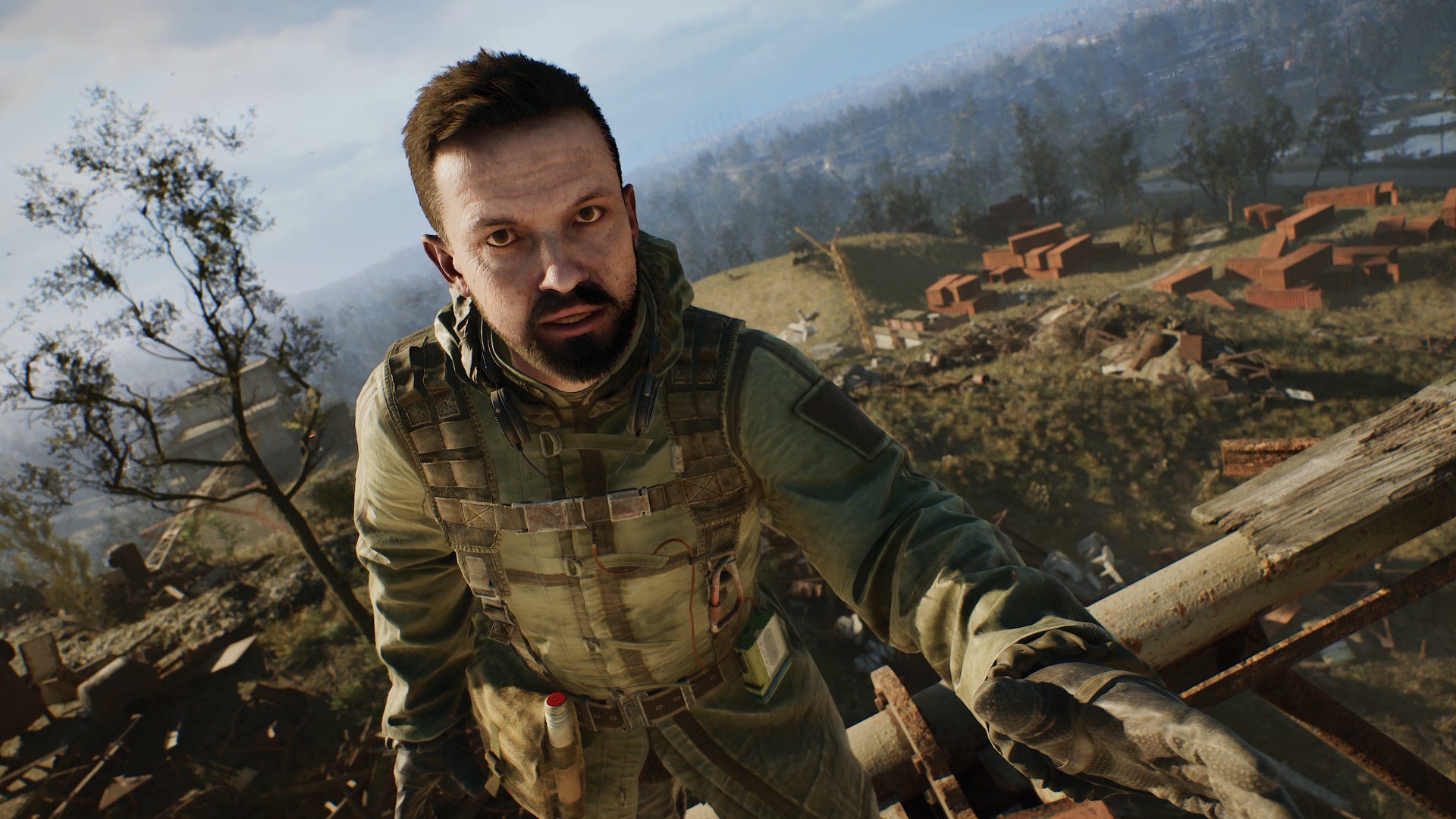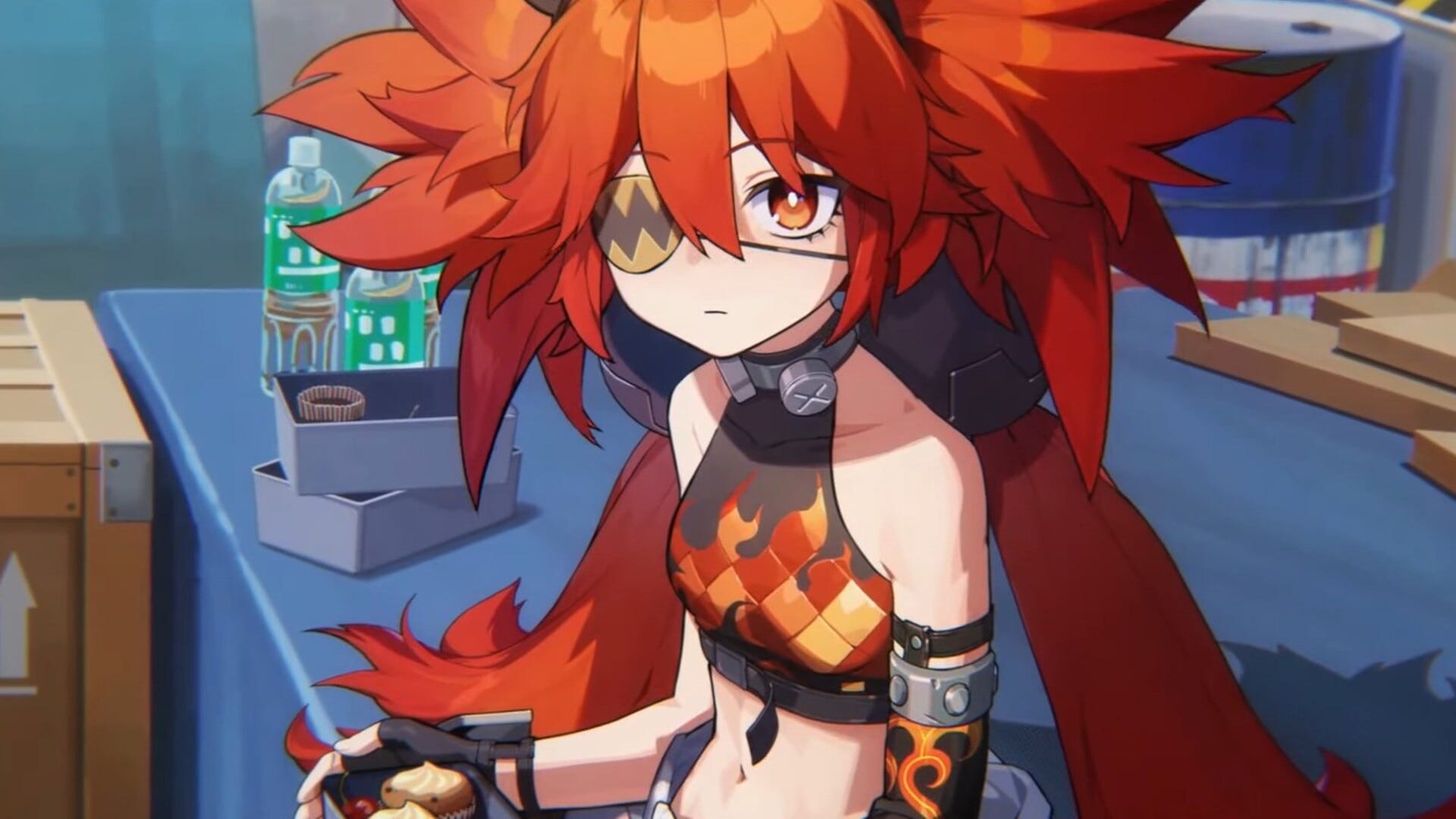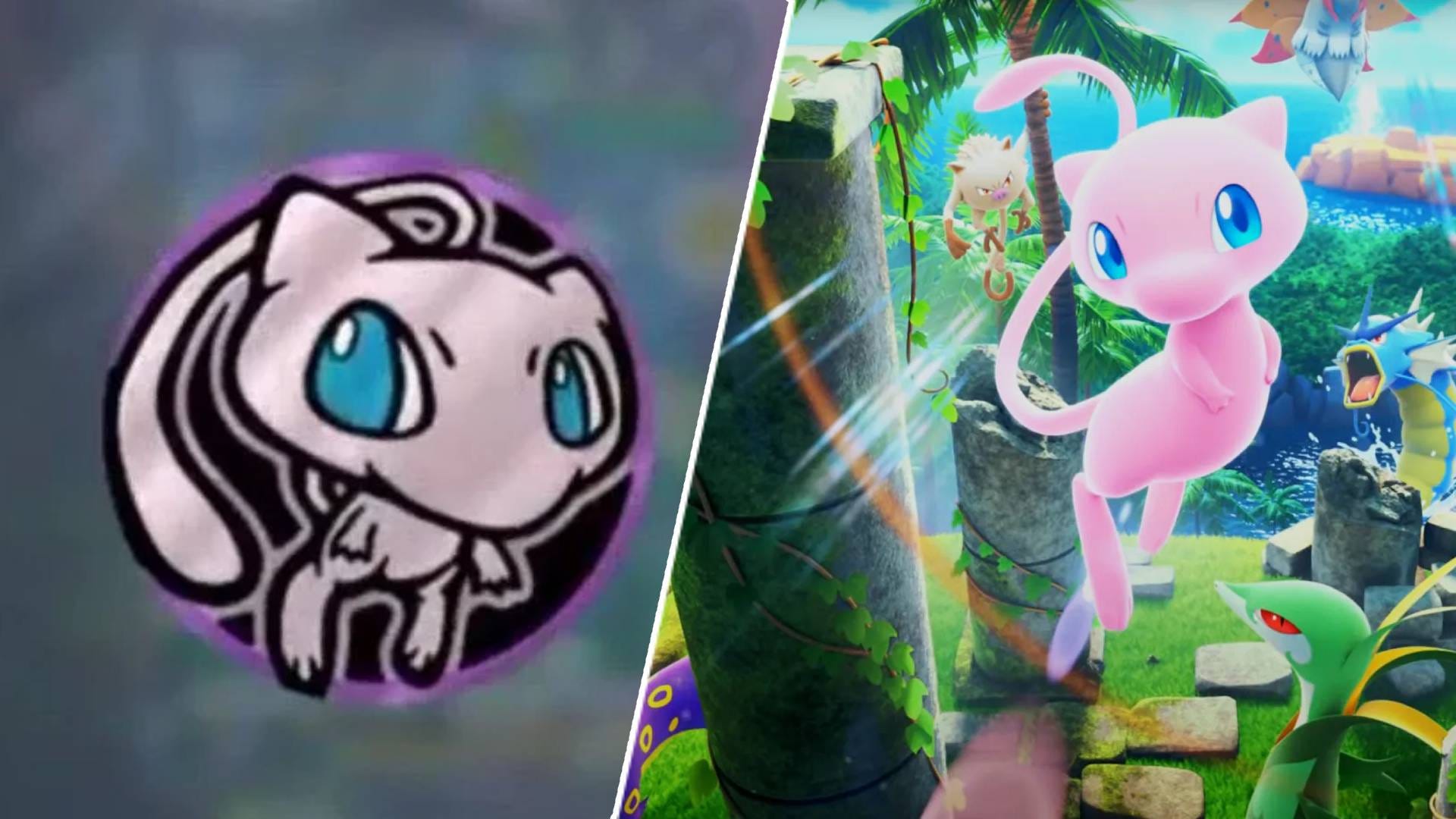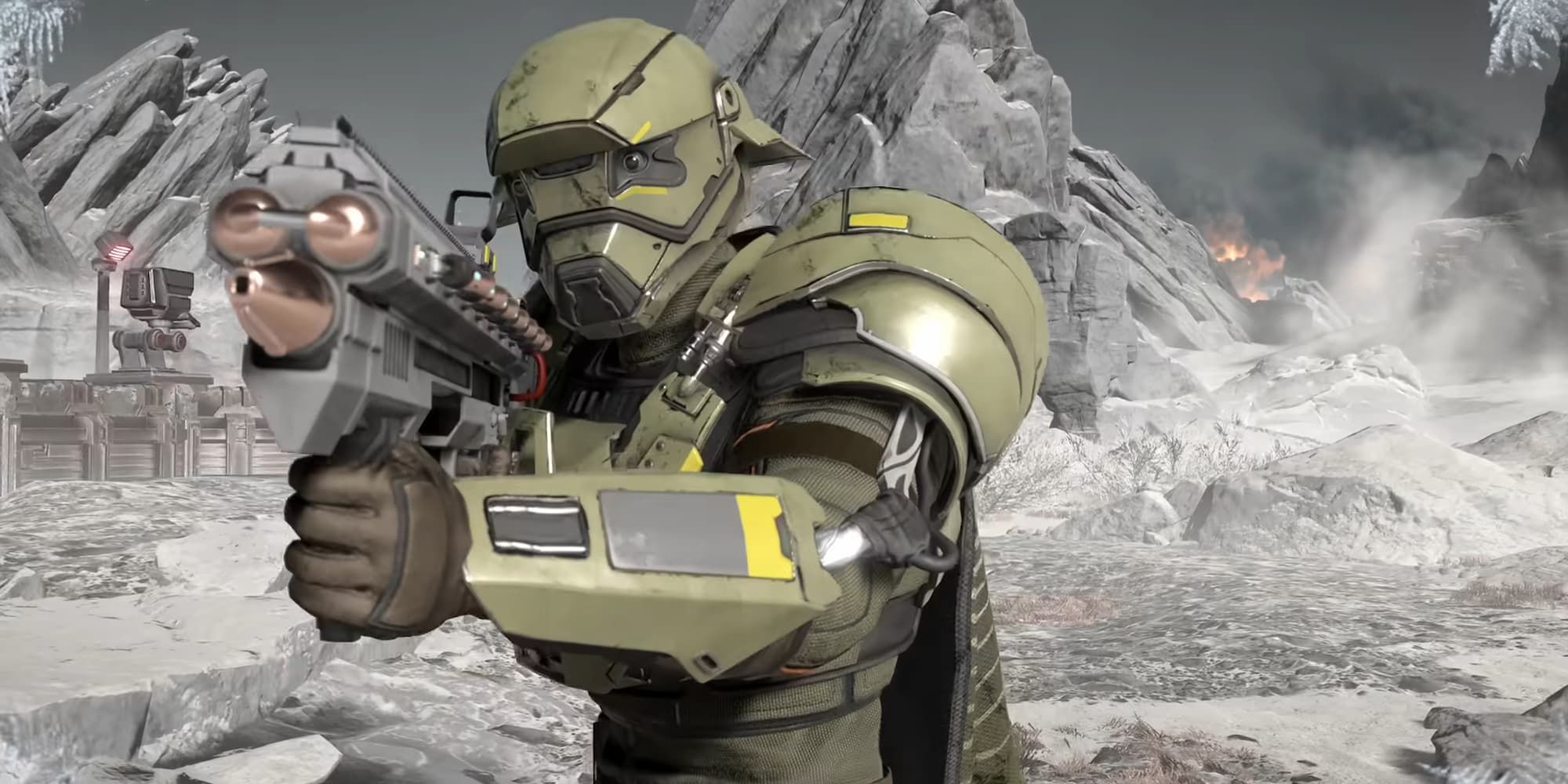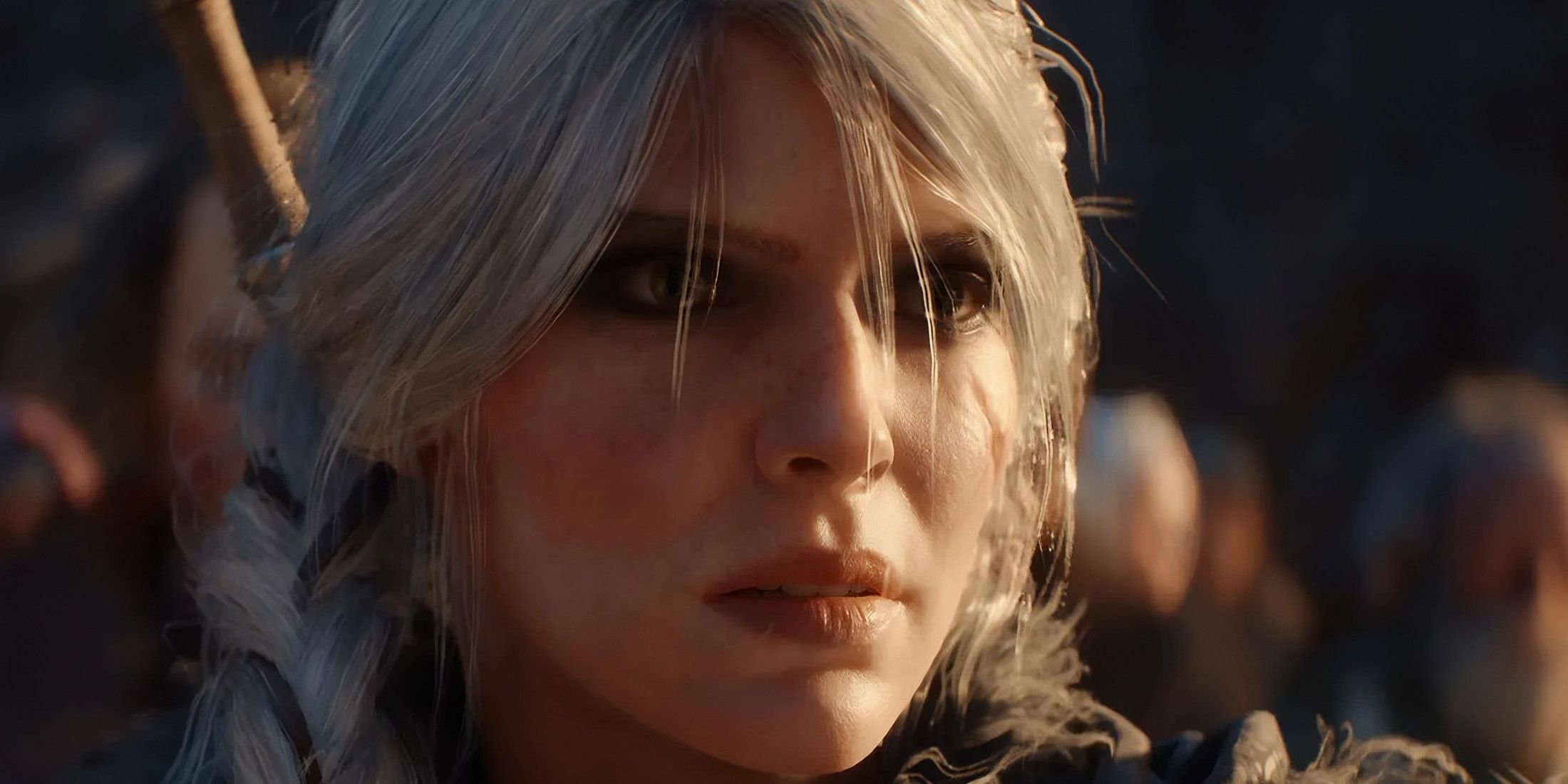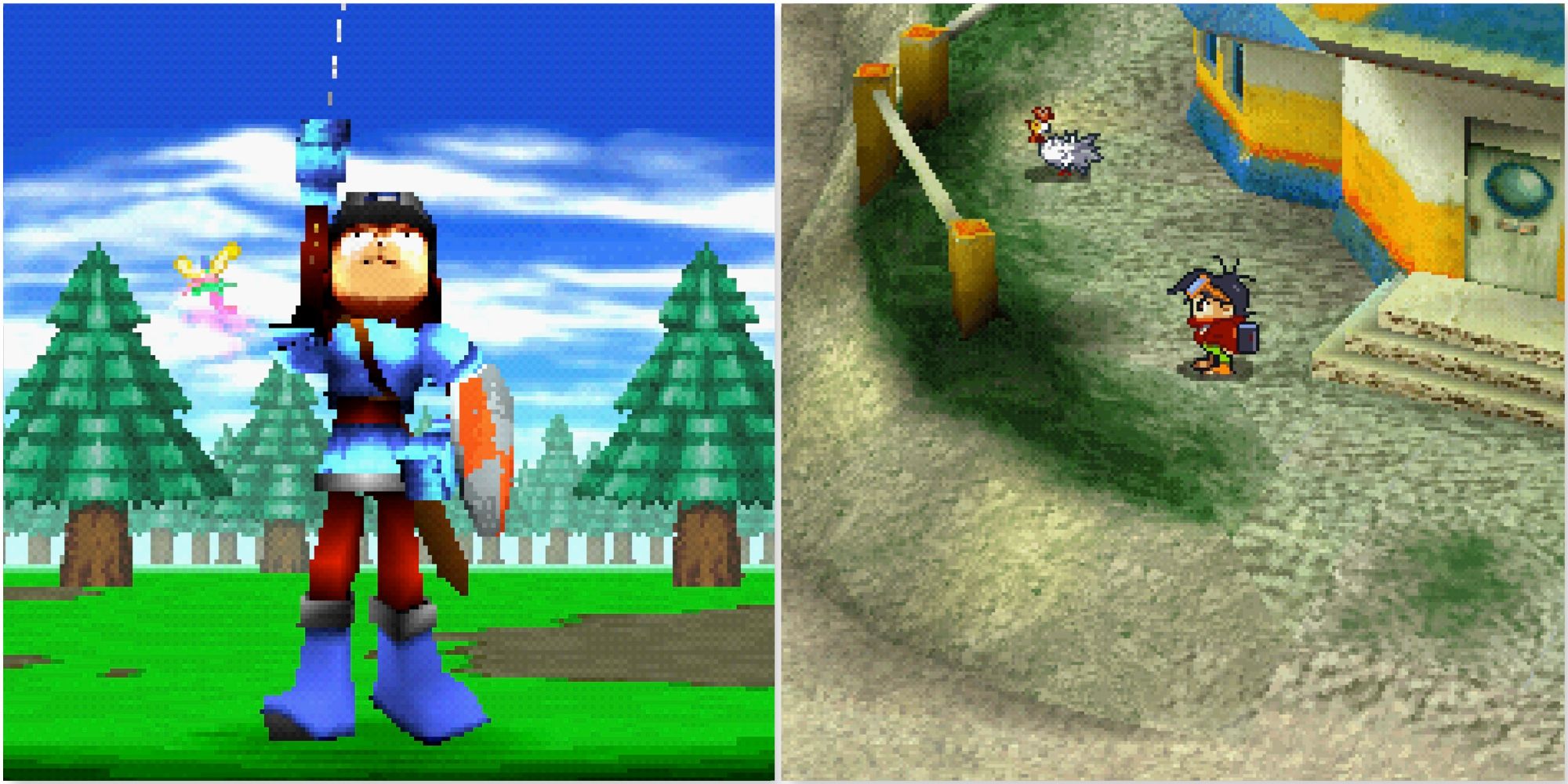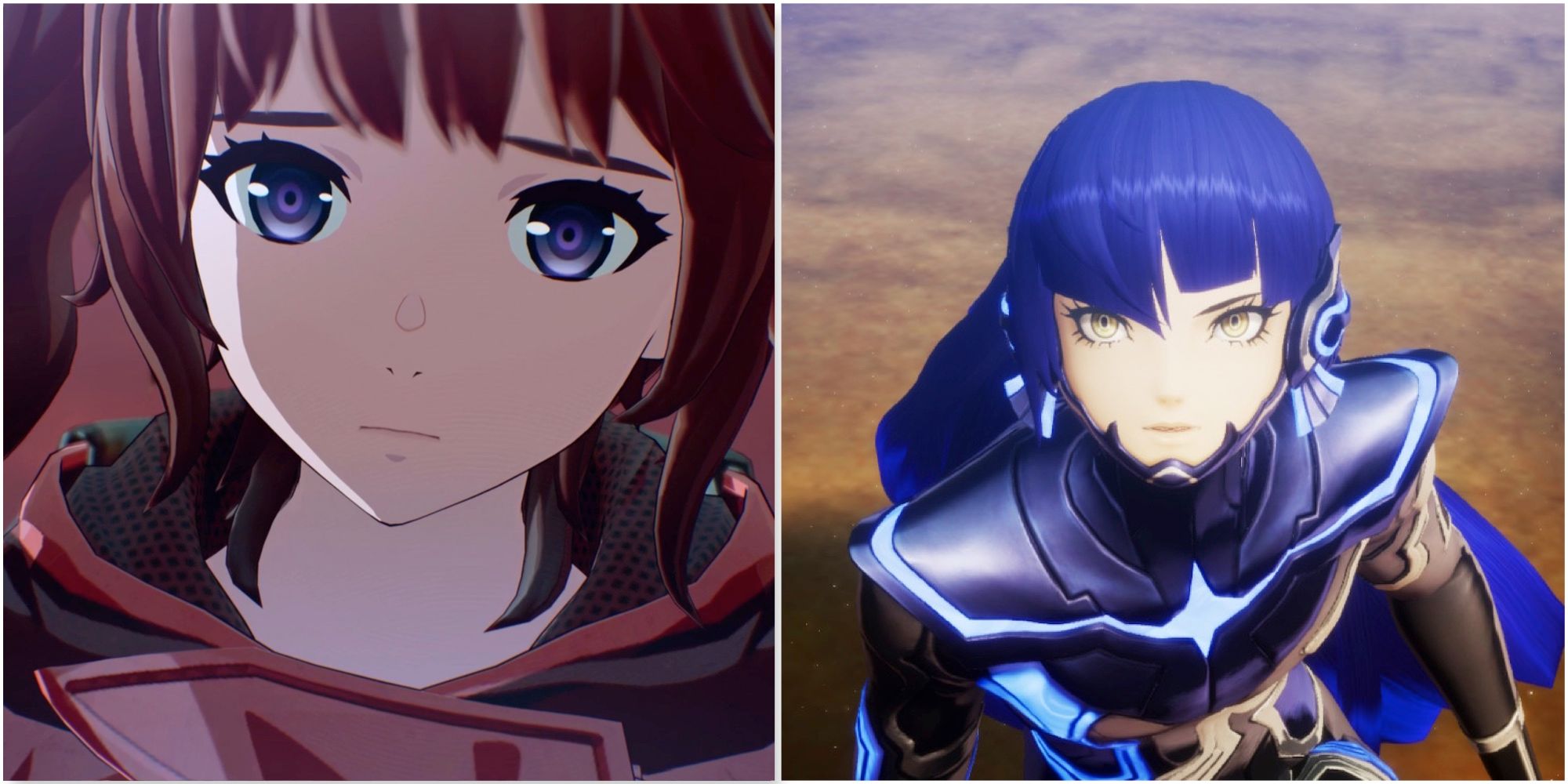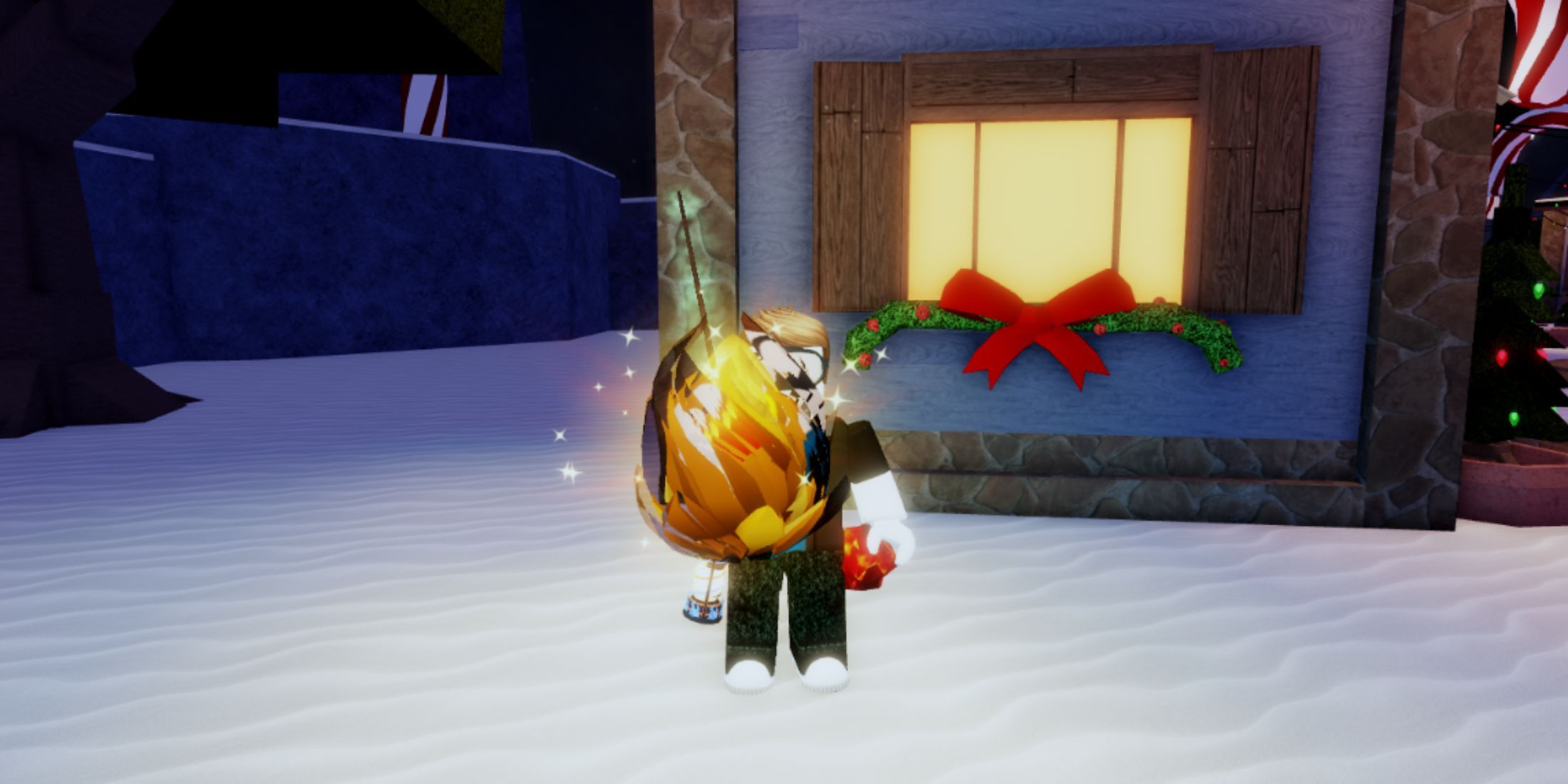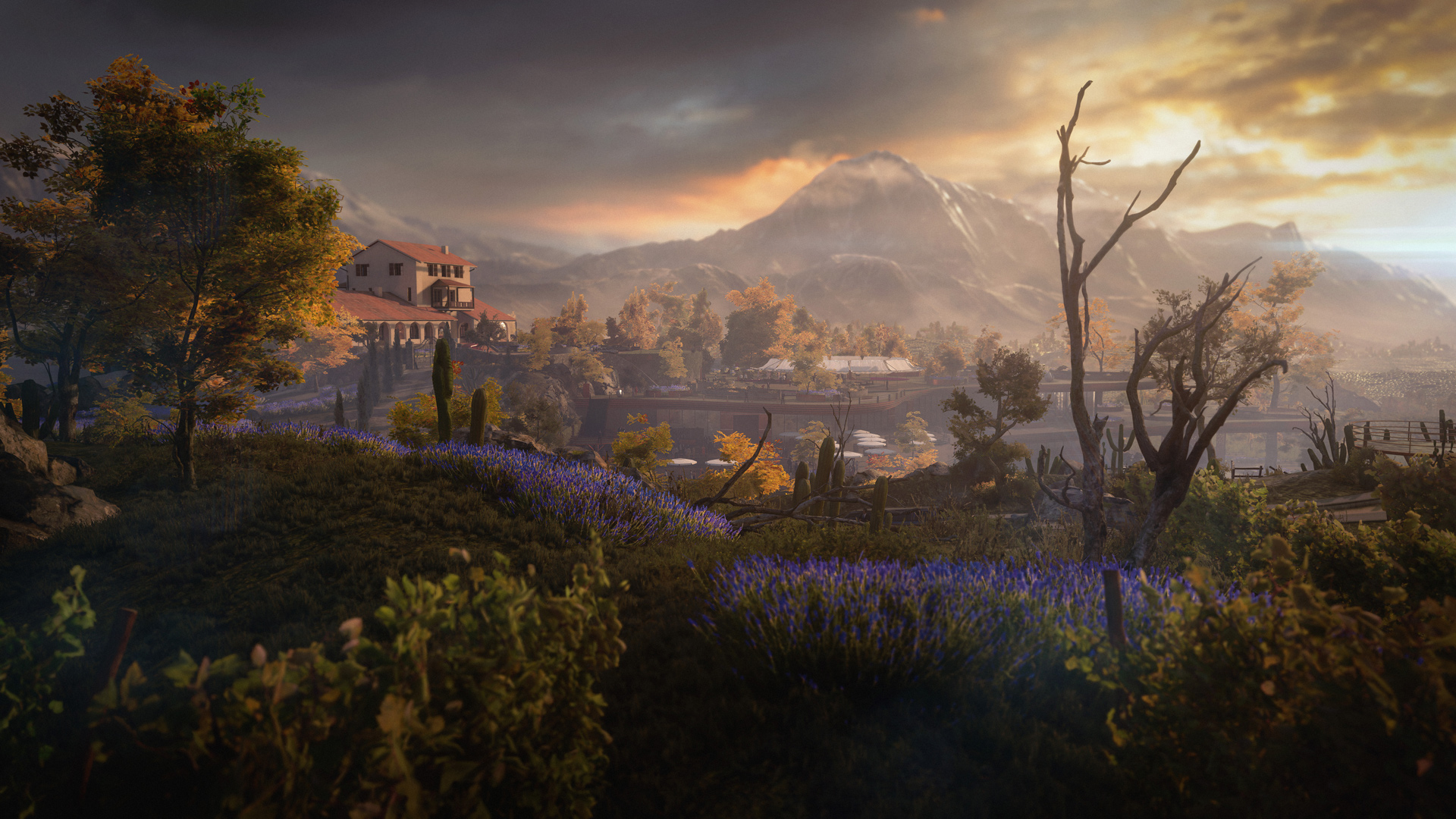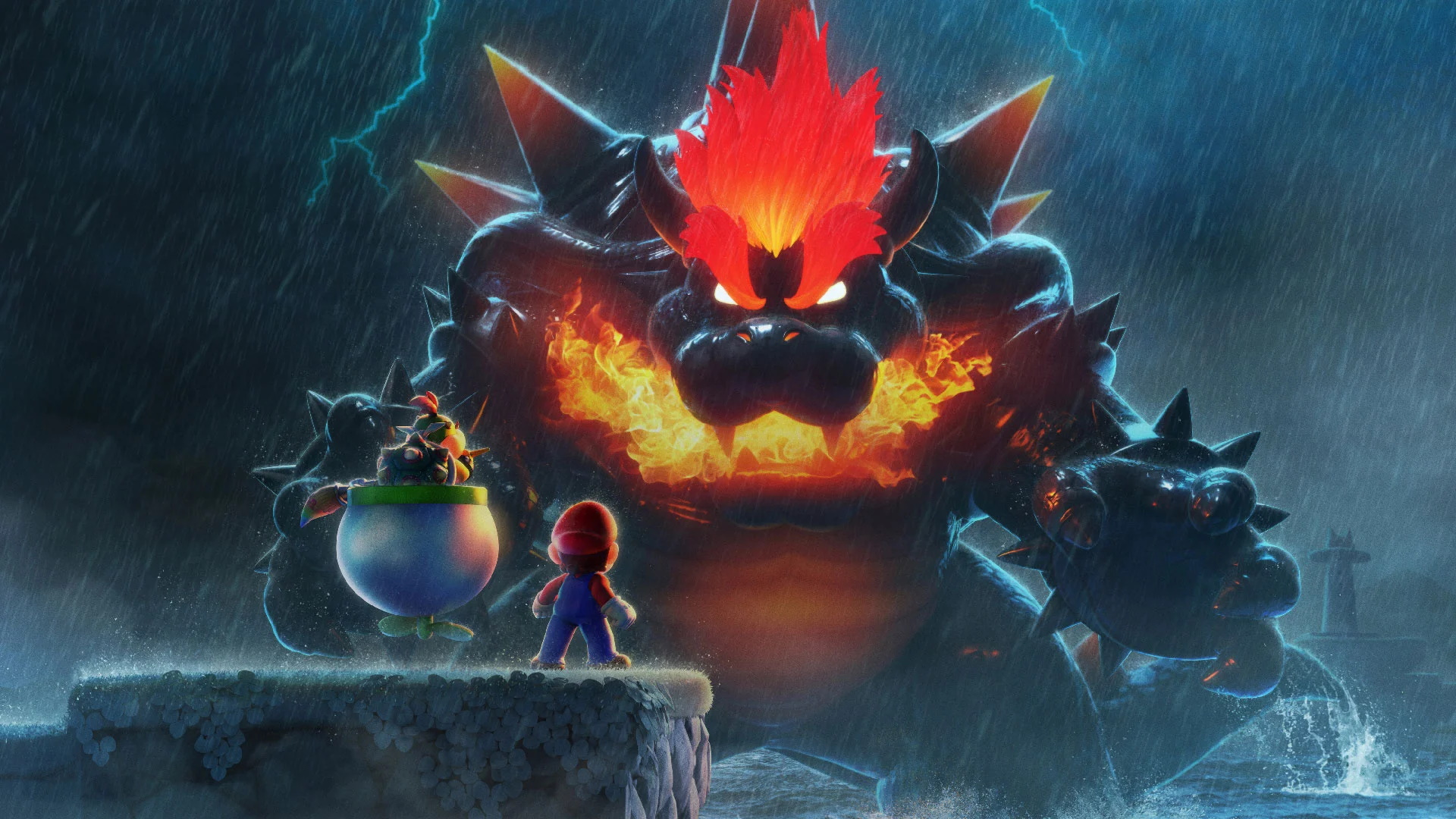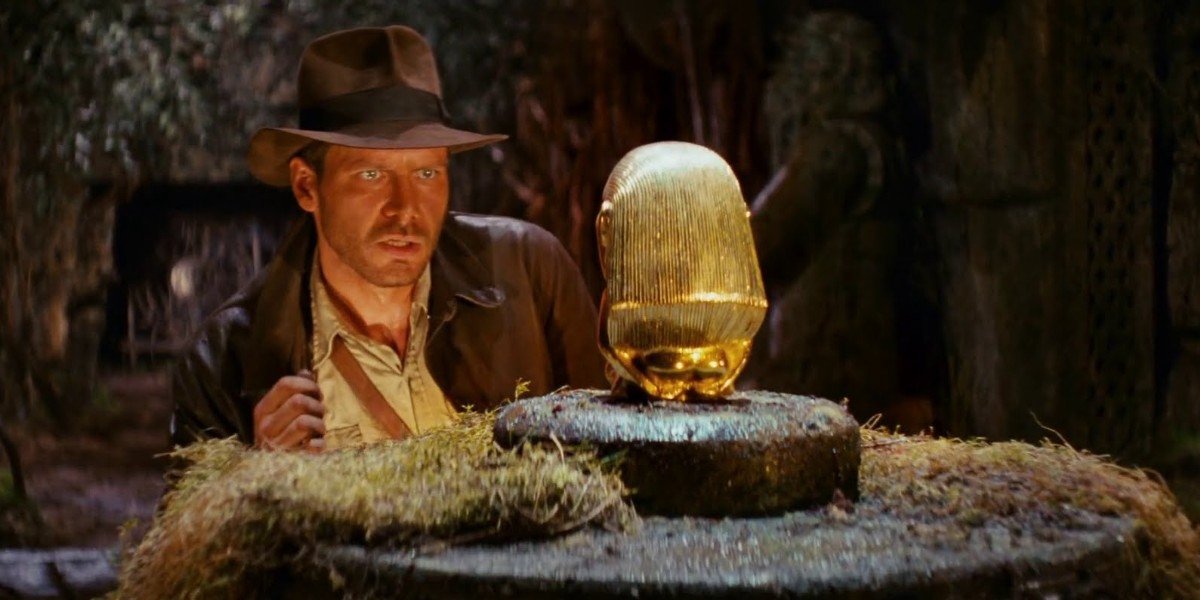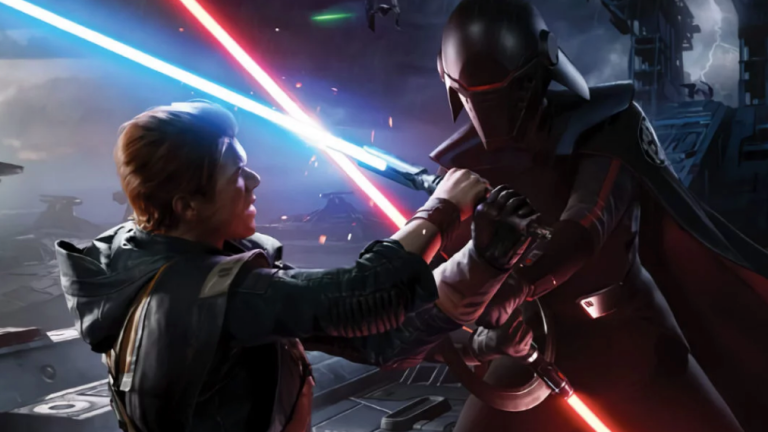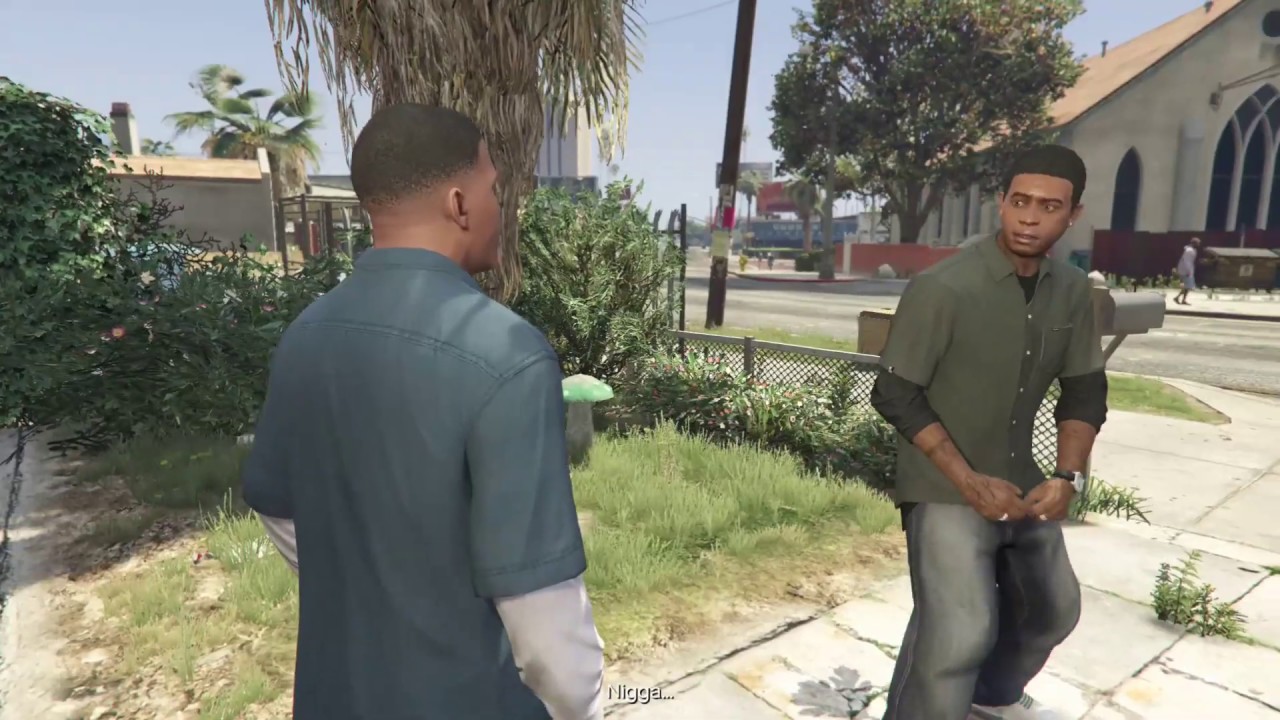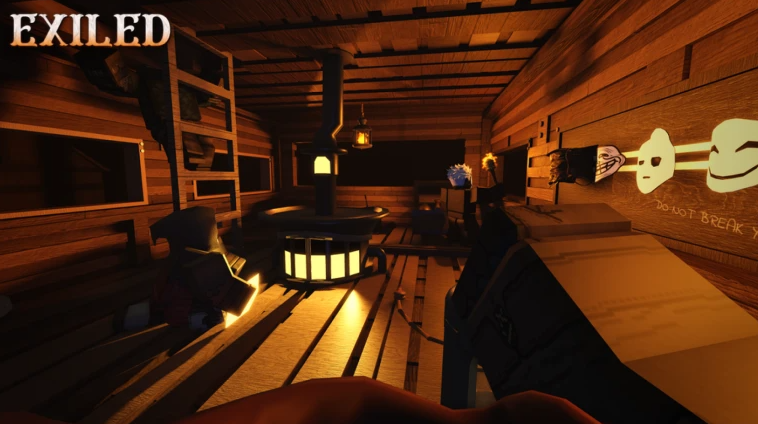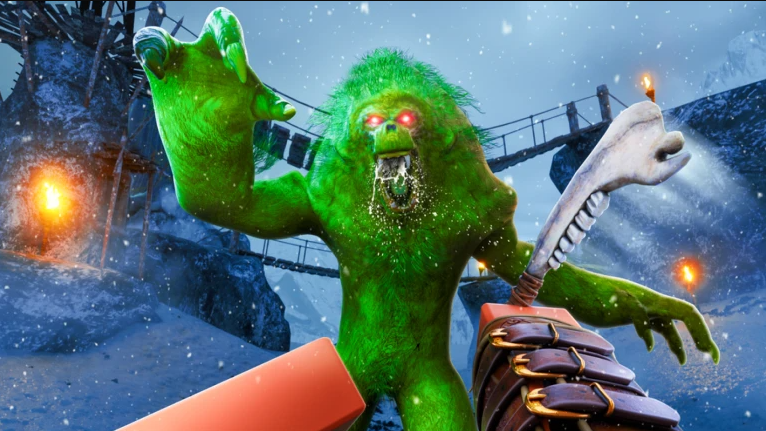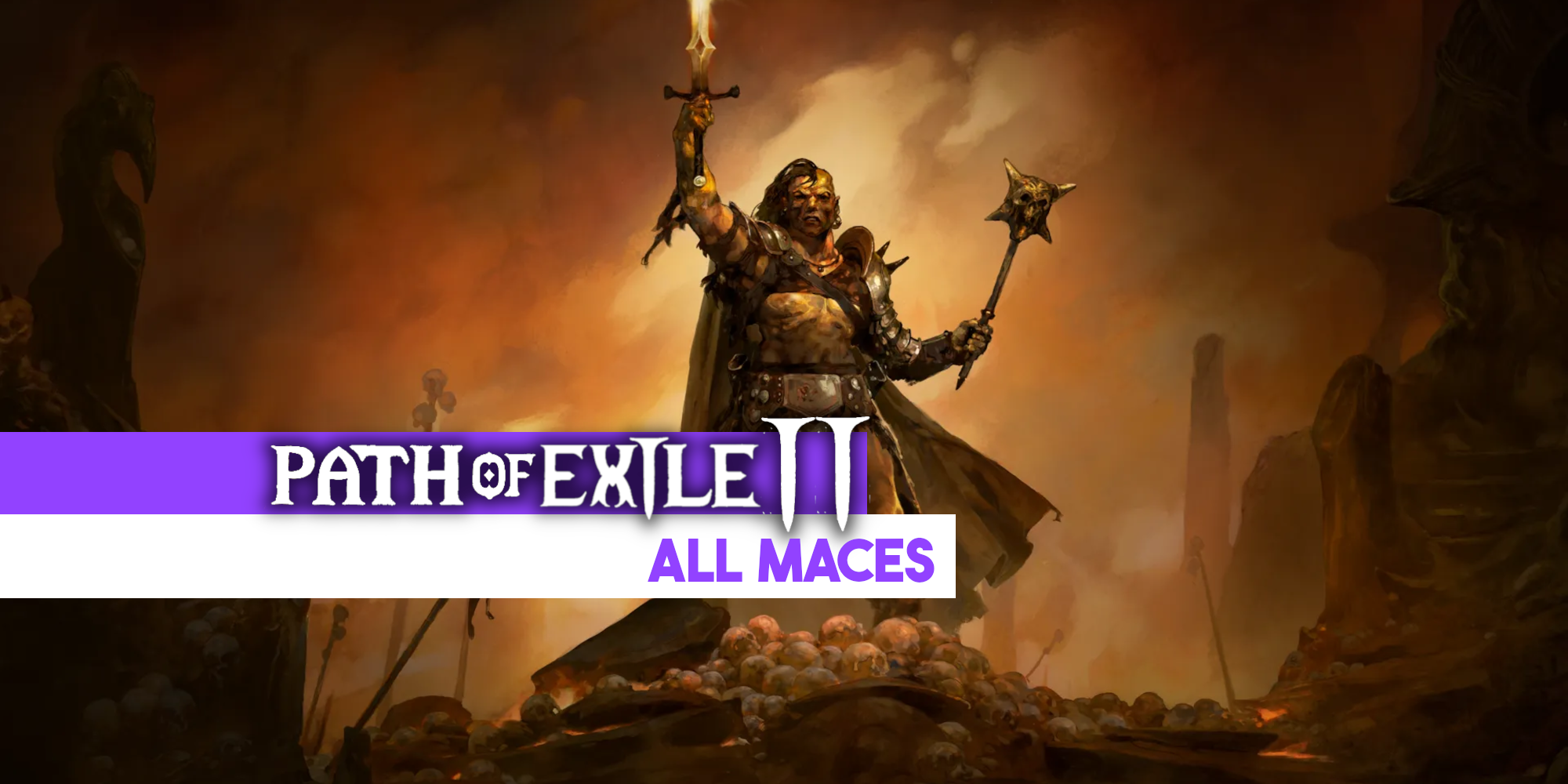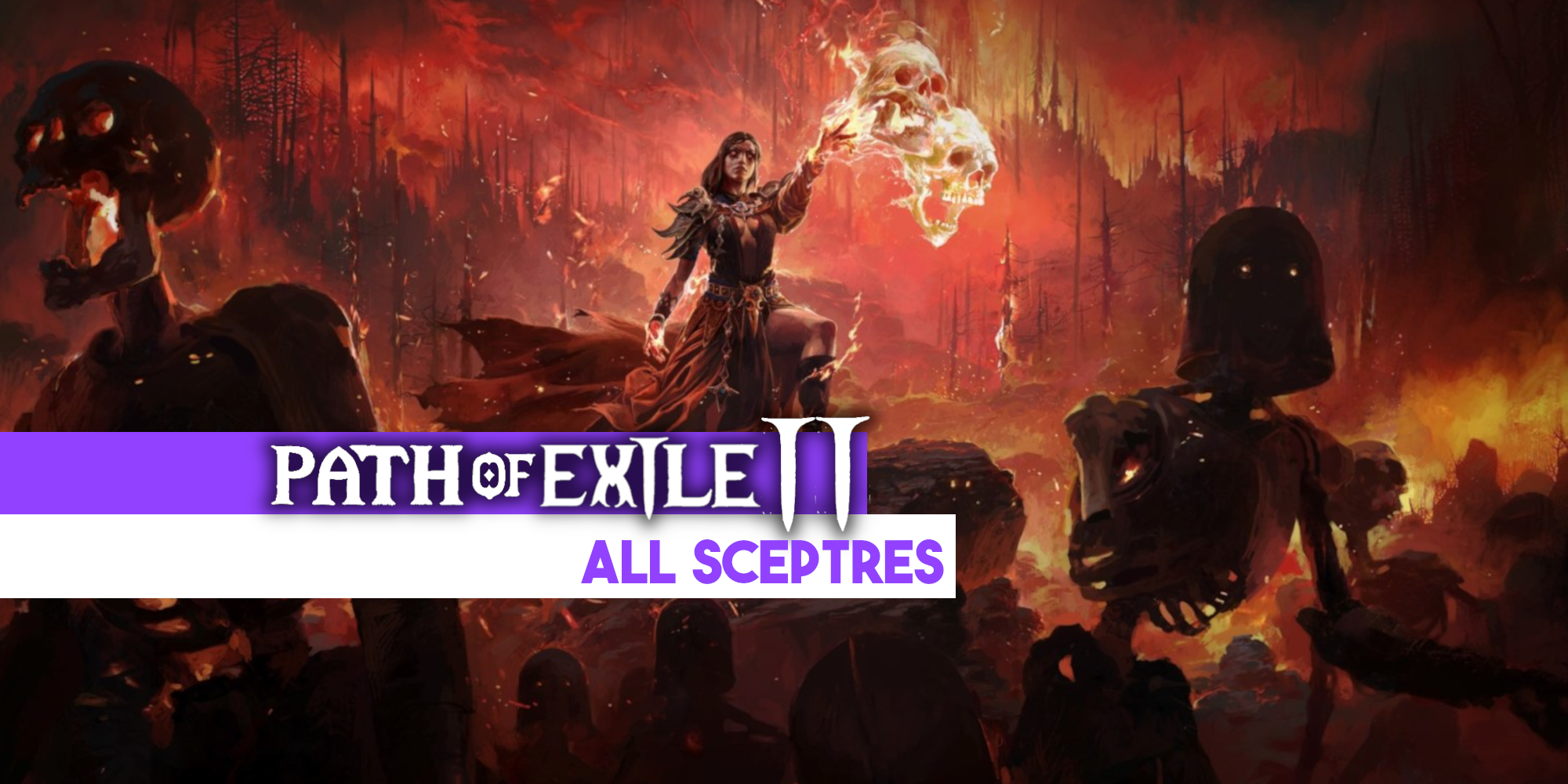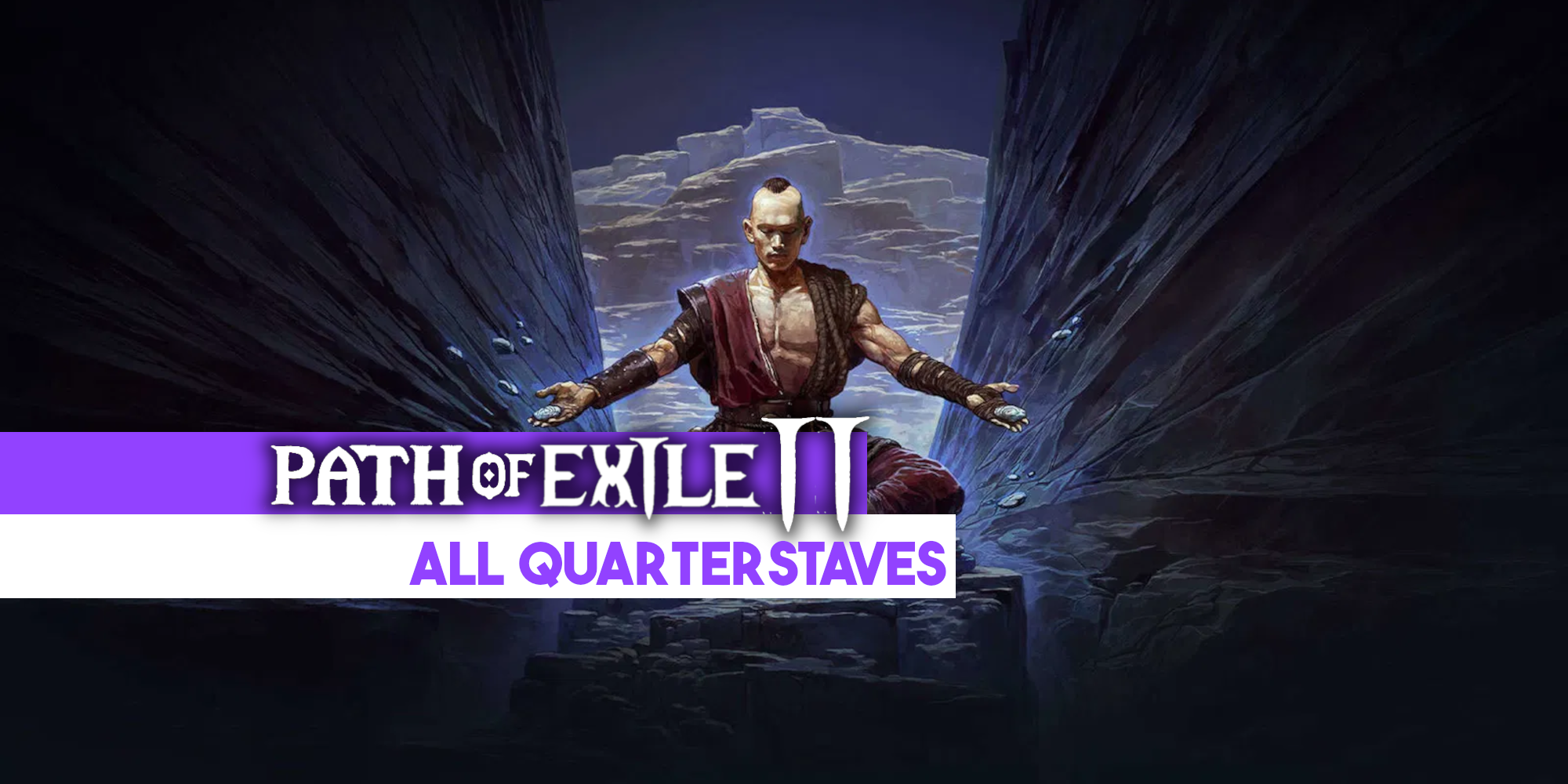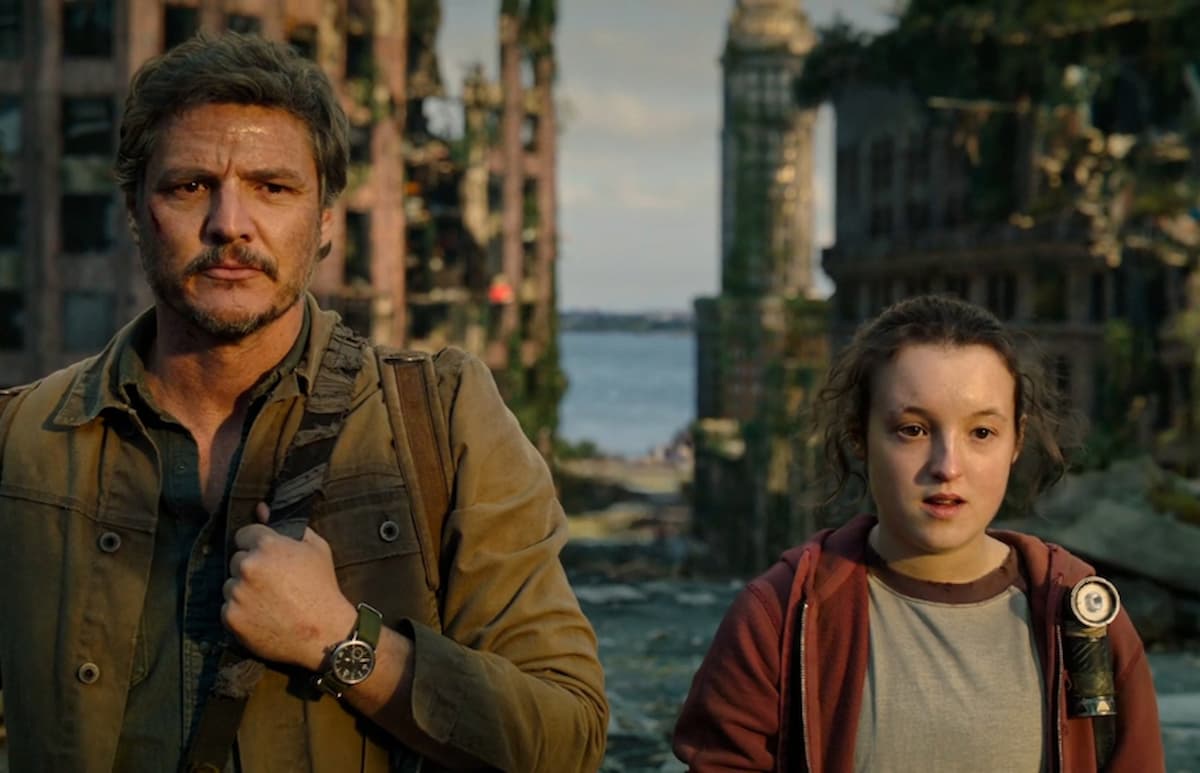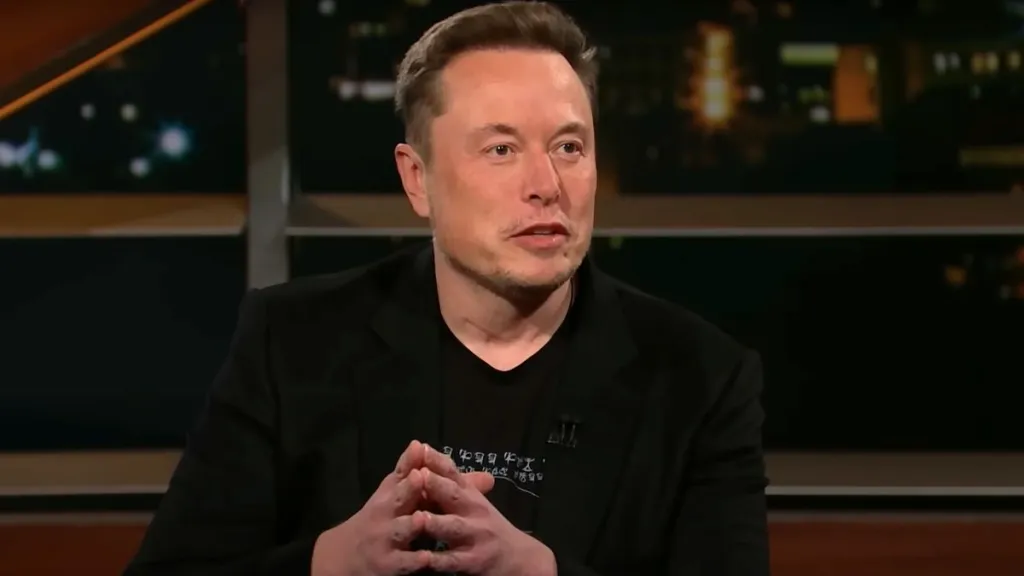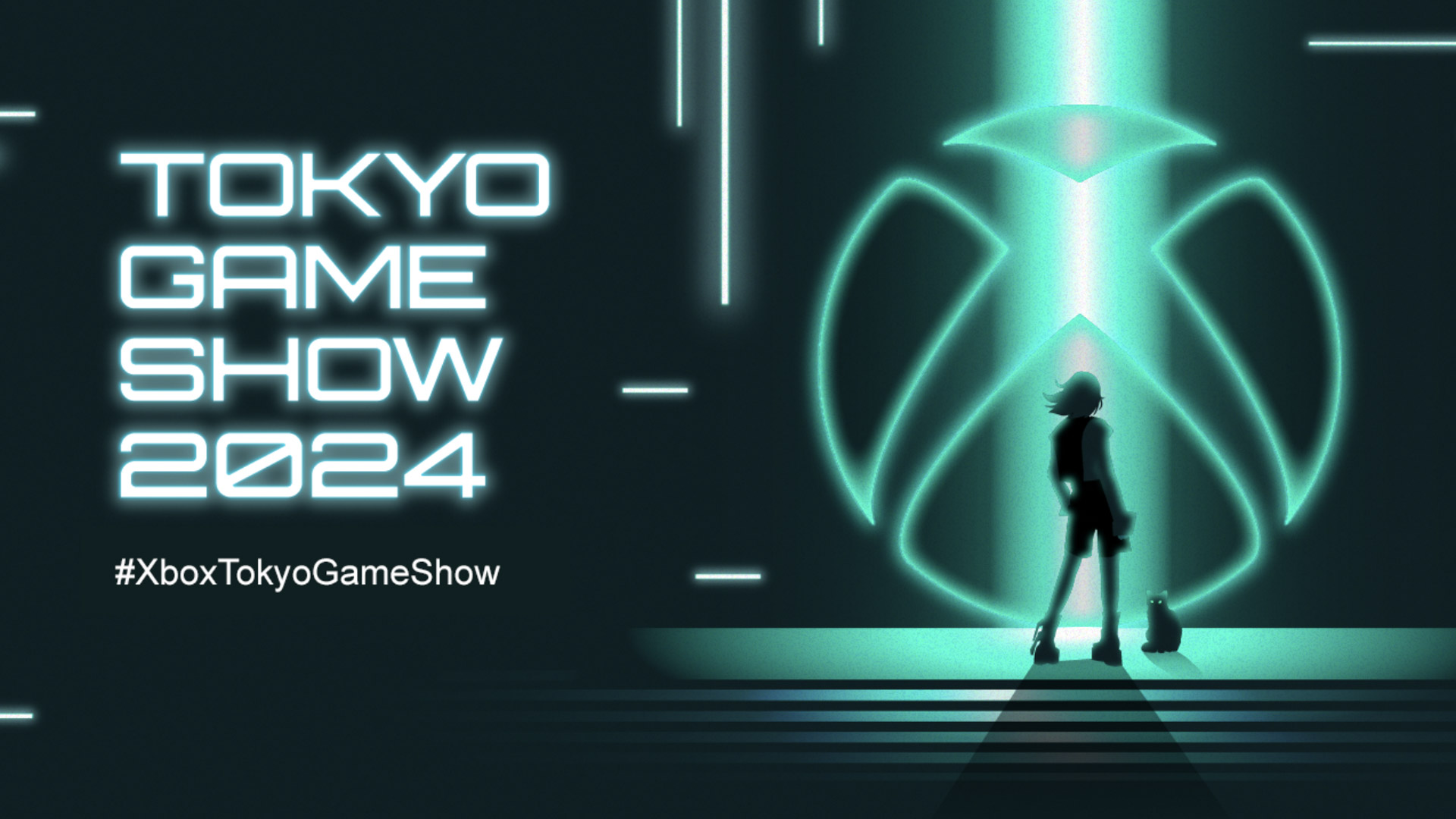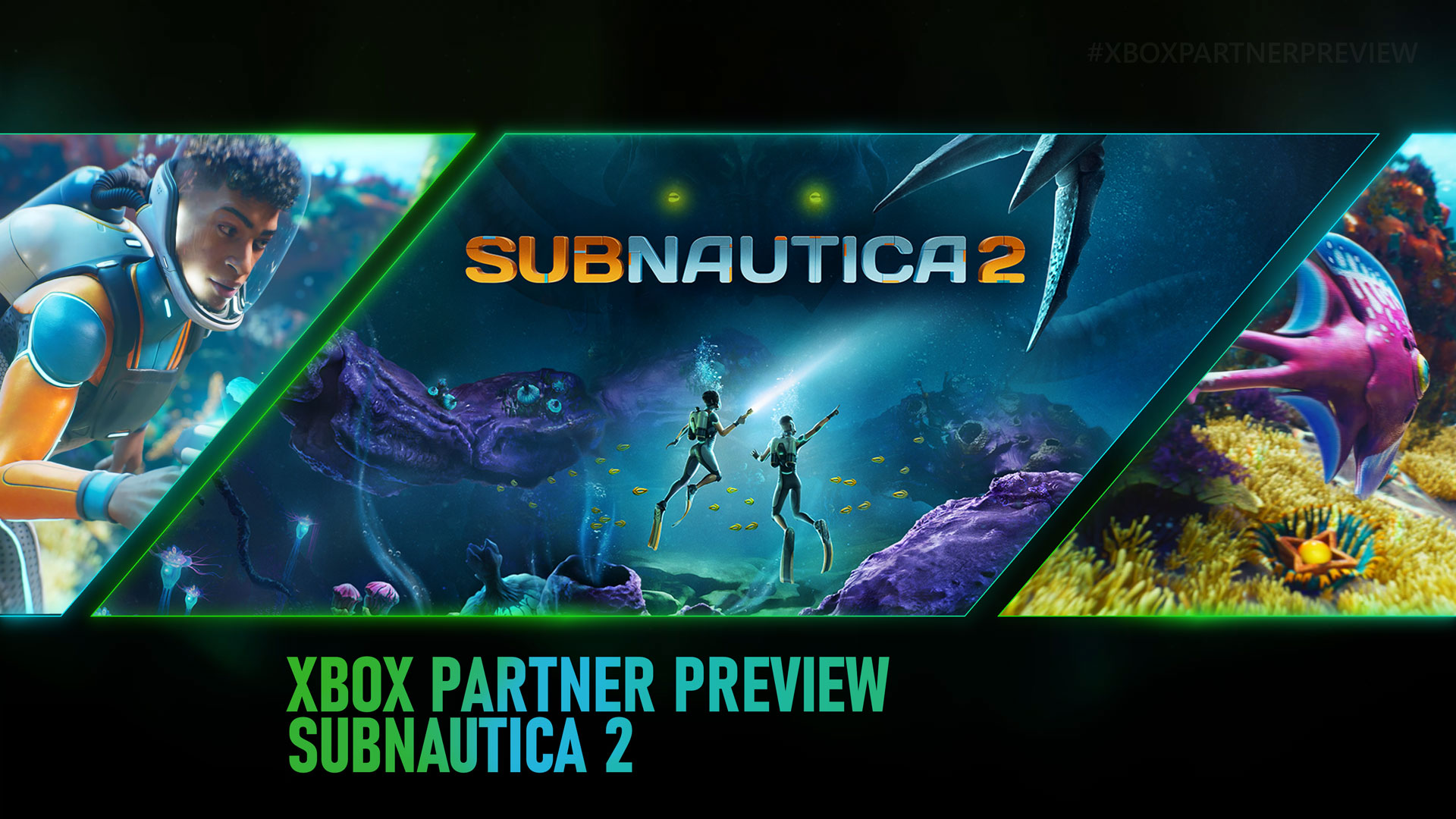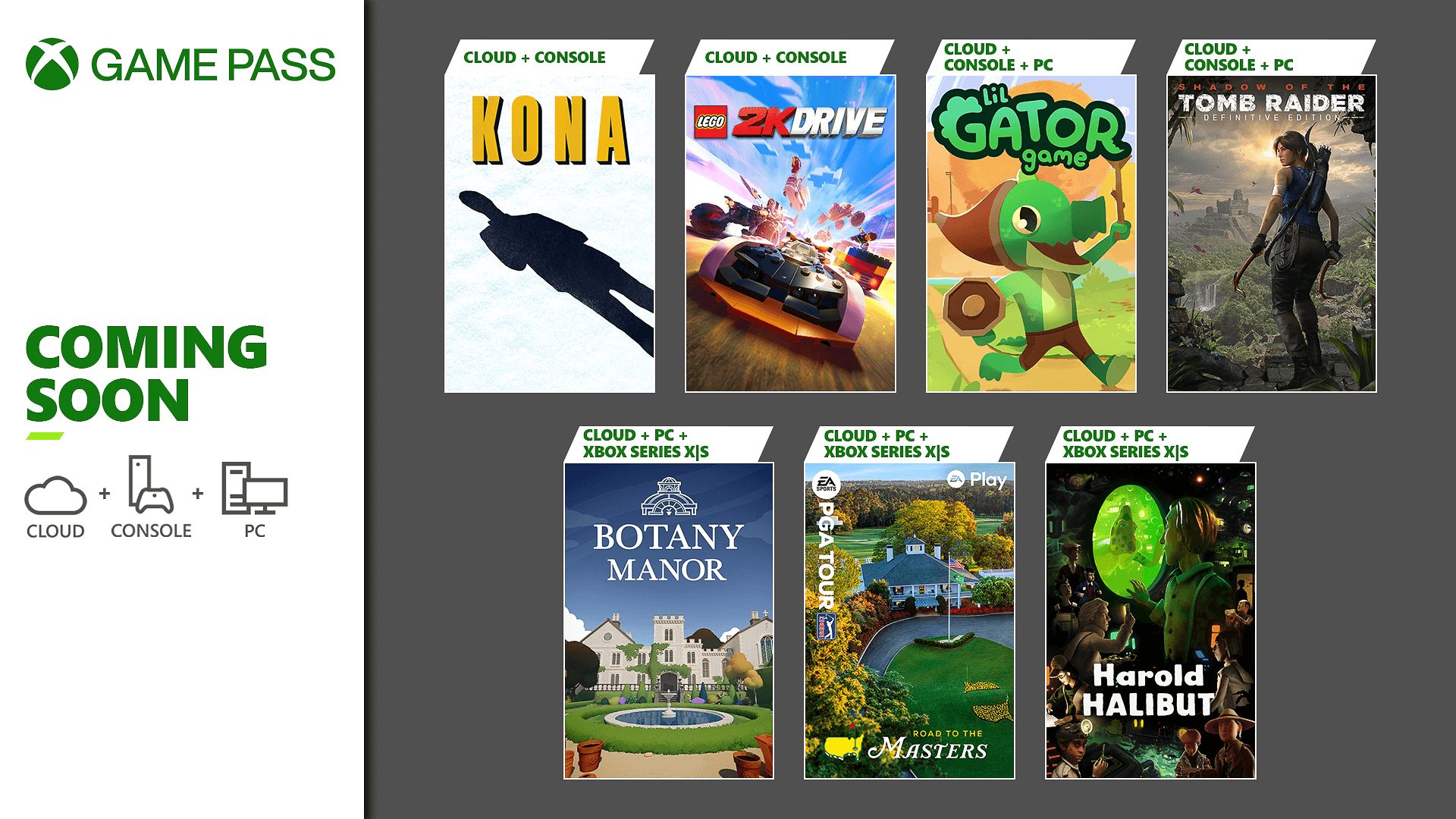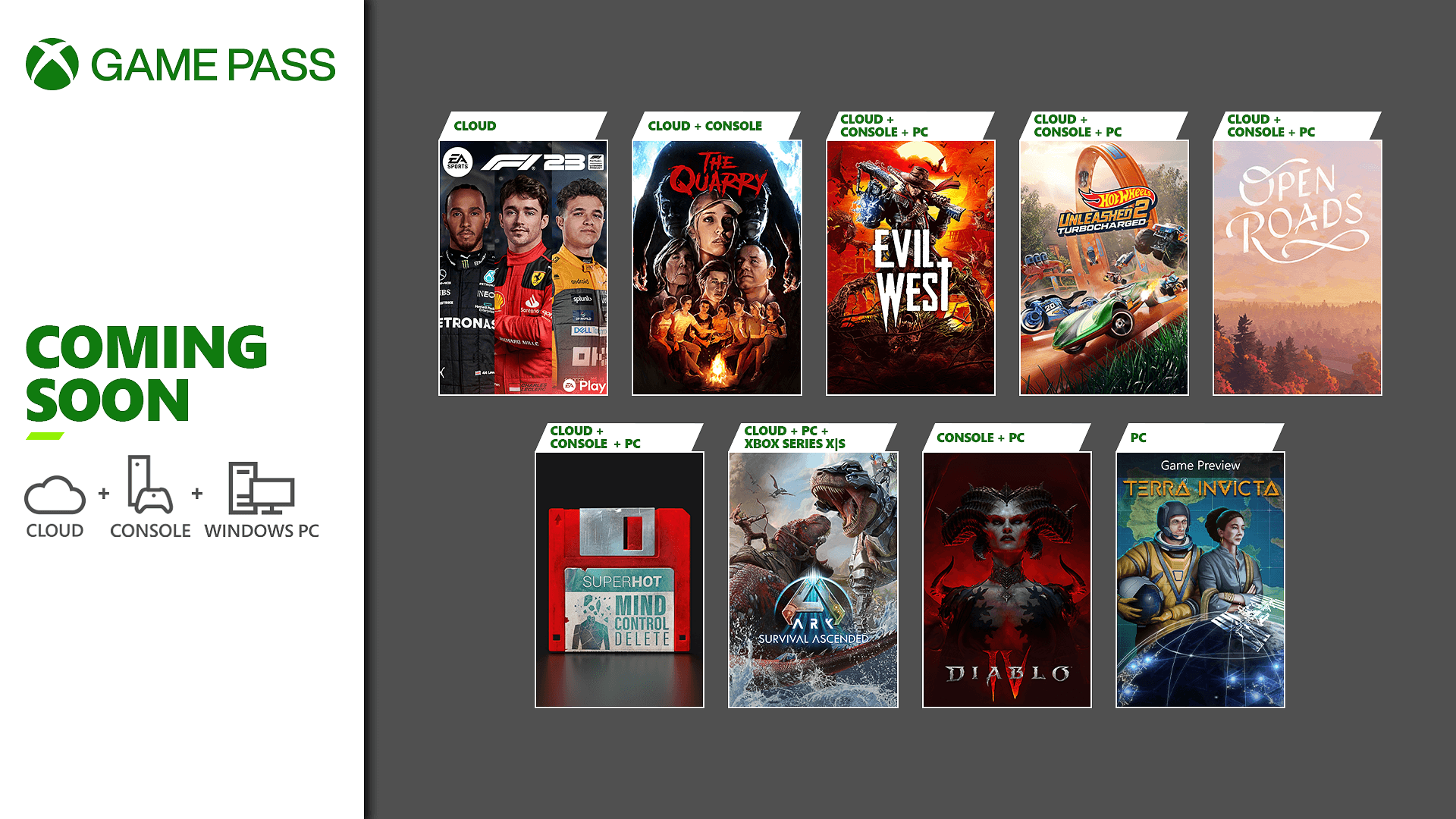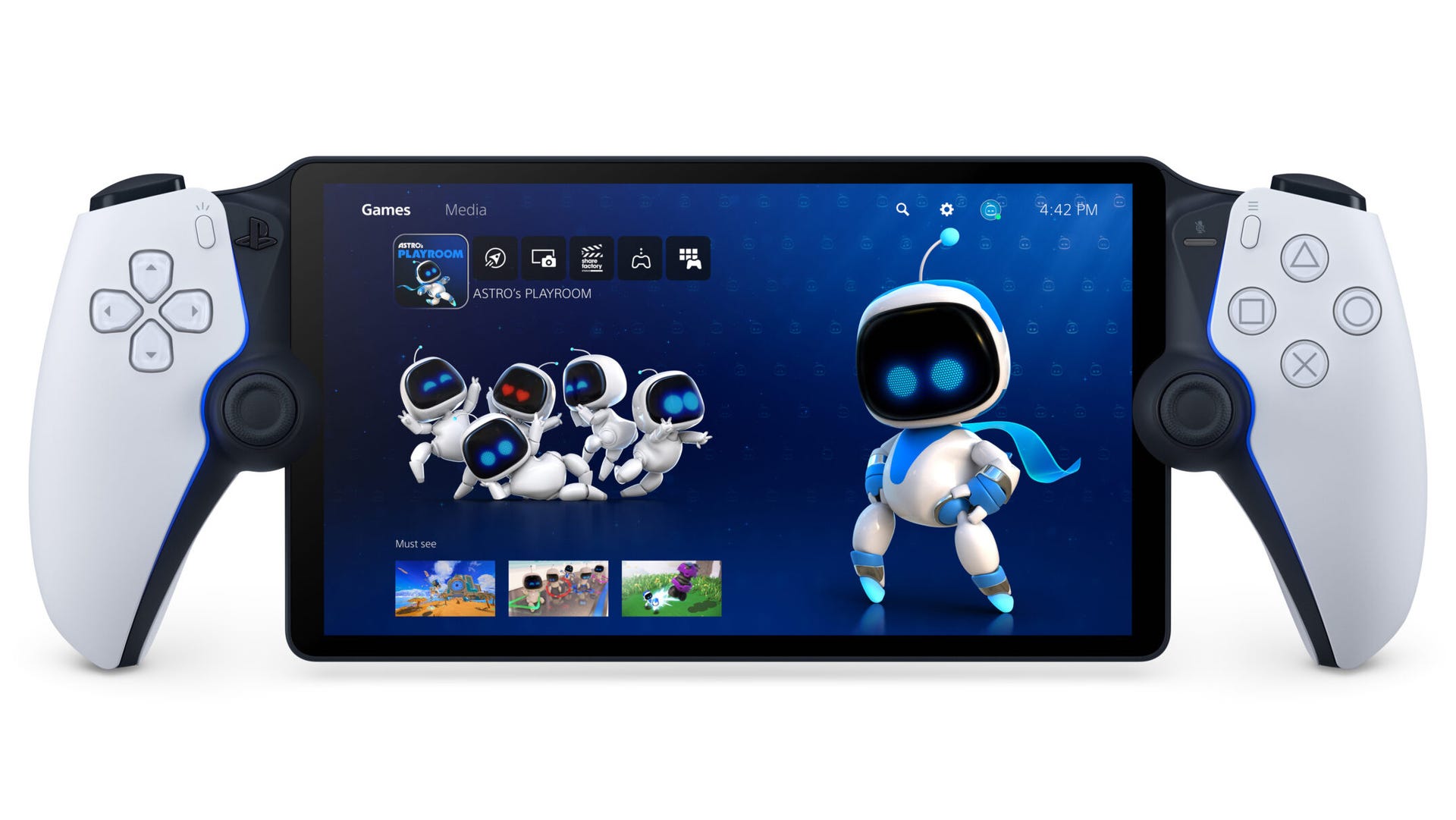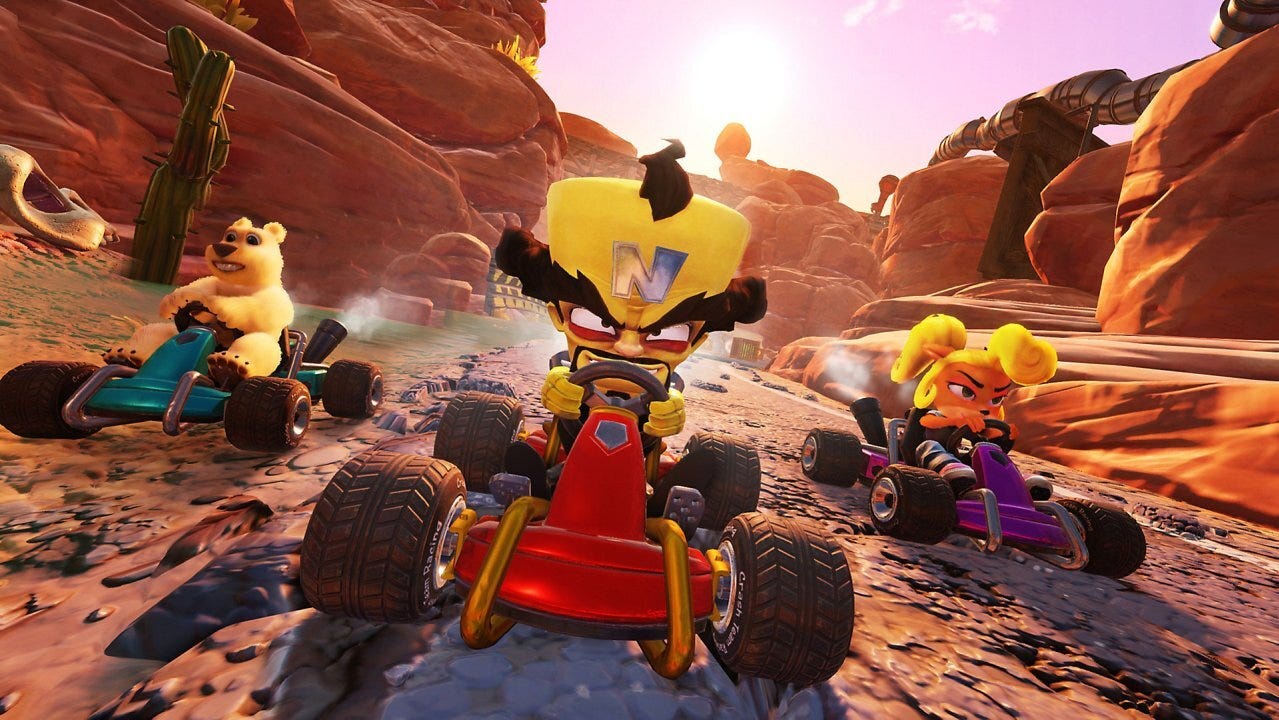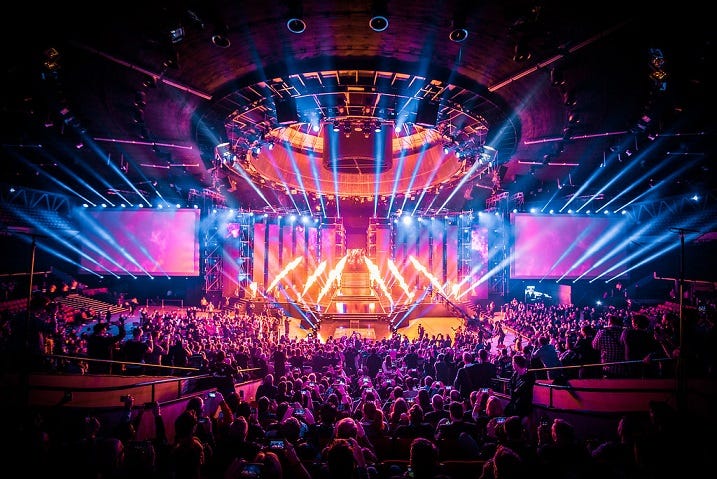Review: Marvel Rivals Is Better Without Balance
Cartoonish visuals, slick, sans-serif fonts, and a roster of heroes encompassing almost every role under the sun? You wouldn't know what hero shooter I'd be talking about on the market these days, or at least the ones that still exist. Marvel Rivals is Disney and Marvel's attempt into what many consider an oversaturated genre that had it's time in the sun nearly a decade ago. And while it does take cues from it's predecessors, namely Overwatch, it still manages to distinguish itself from it's different gameplay perspective, self-contained story, and wide cast of characters. Marvel Rivals appeals to the casual player, which I've become over the course of a decade. While I had dedicated some hours to Overwatch during it's original release in 2016, and played a substantial amount of Valorant over the past two years, Rivals benefits from a lack of role queue and implicitly forced meta. Yes, a competitive mode does exist, which can prove frustrating to player that expect the compositions from hero shooters such as Overwatch to translate one-to-one in specific situations. But Rivals' large roster of characters means that you can flex between it's Vanguards, Strategists, and Duelists with ease and come out with an advantage to shut down enemy teams forcing choke points or refusing to swap. Image via NetEase For example, if the enemy team is solely focused on using Hit Scan characters like The Punisher and the Winter Soldier, you can swap to Doctor Strange or Captain America to shield your team from an aggressive spray of bullets. Or even utilize Cloak and Dagger's ability to blind opponents temporarily to get a foothold and push forward. Generally, there is always an answer to some tactic and I've found Vanguards that are capable of jumping into the backline can generally change the tide. Wolverine is excellent in this way, even if he can be hard to get a hang of due to just how much he moves around due to his kit which focuses on diving. That said, there is a high barrier of entry to characters like Wolverine and Spider-Man specifically. I can't play Spider-Man for that reason, as he's too mobile and makes me feel sick, similar to Genji in Overwatch. But the third person perspective helps circumvent that for me in the case of Venom, which I would consider a "dive tank." It's that lack of enforced meta and loosely defined roles between the Vanguard, Sentinel, and Strategist that allow for Marvel Rivals to more or less carve out it's own space in what is already an oversaturated market. While being vastly different from Valorant, which is more akin to Counter-Strike, and Overwatch 2 being it's closest competitor, it has (for the time being) managed to carve out a space for those with a preference to the third person shooter — or the casual. While playing with my dedicated group, which includes our very own GC Vazquez, one of the most common sentiments I heard was that regardless of the role you pick, you feel like you're doing some kind of damage. Which for some makes it feel like you're contribution to the team is more tangible. Strategists, which are Marvel Rival's version of healers, don't feel boxed in to just pocketing a DPS to make some kind of sizable impact on team fights. It felt good to play Jeff the Landshark (God's greatest or worst little solider depending on who you talk to, but arguably the best design in the game to date) or Cloak and Dagger and still pile on kills while chasing our Wolverine through stages to keep him alive in more frantic team fights. Especially as I had to content with destructible environments in the game's two different game modes; escort the payload or capture the point. Image via NetEase I also won't pretend Marvel Rivals is a perfect game, even if it is a very fun one. Because there isn't a focus on balance you can sometimes win super hard or lose at a staggering pace. Though I would chalk this up to team coordination. Sometimes a single player can impact a chance of walking away victorious (I have a 100% win rate on the Winter Soldier for example) but more often than not, swapping characters for counters and having that team synergy is going to be the most important, like any team game. Marvel Rivals does have some team synergies available, with the Scarlet Witch impacting Magneto's basic attack and Rocket Raccoon allowing for the Winter Soldier to have unlimited ammo when in proximity to one of Rocket's skills. These aren't as important as they sound, since they tend to be circumstantial and can, again, be countered with the right team. It's just about your team willing to make those concessions and swap off characters that aren't working. Because Marvel Rivals is a team game above all else, and as mentioned previously, you won't go far without coordination. You could be an incredibly skilled Iron Fist player (another character that can dive the backline to cause problems for the enemy team's strategists) but if you get shut down every time you dive, y
![]()
Cartoonish visuals, slick, sans-serif fonts, and a roster of heroes encompassing almost every role under the sun? You wouldn't know what hero shooter I'd be talking about on the market these days, or at least the ones that still exist. Marvel Rivals is Disney and Marvel's attempt into what many consider an oversaturated genre that had it's time in the sun nearly a decade ago. And while it does take cues from it's predecessors, namely Overwatch, it still manages to distinguish itself from it's different gameplay perspective, self-contained story, and wide cast of characters.
Marvel Rivals appeals to the casual player, which I've become over the course of a decade. While I had dedicated some hours to Overwatch during it's original release in 2016, and played a substantial amount of Valorant over the past two years, Rivals benefits from a lack of role queue and implicitly forced meta. Yes, a competitive mode does exist, which can prove frustrating to player that expect the compositions from hero shooters such as Overwatch to translate one-to-one in specific situations. But Rivals' large roster of characters means that you can flex between it's Vanguards, Strategists, and Duelists with ease and come out with an advantage to shut down enemy teams forcing choke points or refusing to swap.
For example, if the enemy team is solely focused on using Hit Scan characters like The Punisher and the Winter Soldier, you can swap to Doctor Strange or Captain America to shield your team from an aggressive spray of bullets. Or even utilize Cloak and Dagger's ability to blind opponents temporarily to get a foothold and push forward. Generally, there is always an answer to some tactic and I've found Vanguards that are capable of jumping into the backline can generally change the tide. Wolverine is excellent in this way, even if he can be hard to get a hang of due to just how much he moves around due to his kit which focuses on diving.
That said, there is a high barrier of entry to characters like Wolverine and Spider-Man specifically. I can't play Spider-Man for that reason, as he's too mobile and makes me feel sick, similar to Genji in Overwatch. But the third person perspective helps circumvent that for me in the case of Venom, which I would consider a "dive tank." It's that lack of enforced meta and loosely defined roles between the Vanguard, Sentinel, and Strategist that allow for Marvel Rivals to more or less carve out it's own space in what is already an oversaturated market. While being vastly different from Valorant, which is more akin to Counter-Strike, and Overwatch 2 being it's closest competitor, it has (for the time being) managed to carve out a space for those with a preference to the third person shooter — or the casual.
While playing with my dedicated group, which includes our very own GC Vazquez, one of the most common sentiments I heard was that regardless of the role you pick, you feel like you're doing some kind of damage. Which for some makes it feel like you're contribution to the team is more tangible. Strategists, which are Marvel Rival's version of healers, don't feel boxed in to just pocketing a DPS to make some kind of sizable impact on team fights. It felt good to play Jeff the Landshark (God's greatest or worst little solider depending on who you talk to, but arguably the best design in the game to date) or Cloak and Dagger and still pile on kills while chasing our Wolverine through stages to keep him alive in more frantic team fights. Especially as I had to content with destructible environments in the game's two different game modes; escort the payload or capture the point.
I also won't pretend Marvel Rivals is a perfect game, even if it is a very fun one. Because there isn't a focus on balance you can sometimes win super hard or lose at a staggering pace. Though I would chalk this up to team coordination. Sometimes a single player can impact a chance of walking away victorious (I have a 100% win rate on the Winter Soldier for example) but more often than not, swapping characters for counters and having that team synergy is going to be the most important, like any team game.
Marvel Rivals does have some team synergies available, with the Scarlet Witch impacting Magneto's basic attack and Rocket Raccoon allowing for the Winter Soldier to have unlimited ammo when in proximity to one of Rocket's skills. These aren't as important as they sound, since they tend to be circumstantial and can, again, be countered with the right team. It's just about your team willing to make those concessions and swap off characters that aren't working.
Because Marvel Rivals is a team game above all else, and as mentioned previously, you won't go far without coordination. You could be an incredibly skilled Iron Fist player (another character that can dive the backline to cause problems for the enemy team's strategists) but if you get shut down every time you dive, you're going to be useless in more important fights. And I genuinely believe it's due to Marvel Rival's lack of balance that allows for this. As the team isn't concerned with making sure every character works within specific parameters, but instead of the player fantasy of being the hero or villain you select.
Playing the Winter Soldier feels good, and his kit aligns with his character. Cloak and Dagger having a character swap that plays into their lore is cool. And sometimes the rule of cool wins out over everything else. As a game being fun, especially one that leans into such a heavy cooperative experience, will determine how long an audience is willing to engage with it.
This is what I'm most concerned about regarding Marvel Rivals. While it's rife with recognizable characters like Iron Man and Captain American, it still has some more niche characters like Jeff the Landshark, to appeal to different kinds of fans of Marvel's behemoth of an IP, I'm worried about future support. The Battle Pass is extremely generous and allows you to hold onto it to slowly work through rewards at your own pace, and skins are reasonably priced with all of the extra bells and whistles that come with it. But I have no idea what Disney and Marvel expect in terms of profits, and if they are unreasonable, I'm worried Marvel Rivals will shut down in a handful of years. Yes, the game has hit over 20 million players, which is extremely impressive, but if a good chunk of those players stop buying skins and Battle Passes, what will that mean further down the line.
It's that live service model that concerns me, above all else, when it comes to the future of Marvel Rivals and the kind of game it could eventually become. As it stands, it's a serviceable hero shooter, and perhaps the one I've had the most fun with in a very long time. It's easy to pick up and put down. The destructible environments make for unique level design and presents more ways to tackle obstacles. The large roster of character also helps with counterplay, and gives players a lot to work with. But who knows what kind of game it could be in six months, or even a year from now depending on who has a say in what.
Marvel Rivals is available for the PlayStation 5, PC, and Xbox Series X.
The post Review: Marvel Rivals Is Better Without Balance appeared first on Siliconera.
What's Your Reaction?







